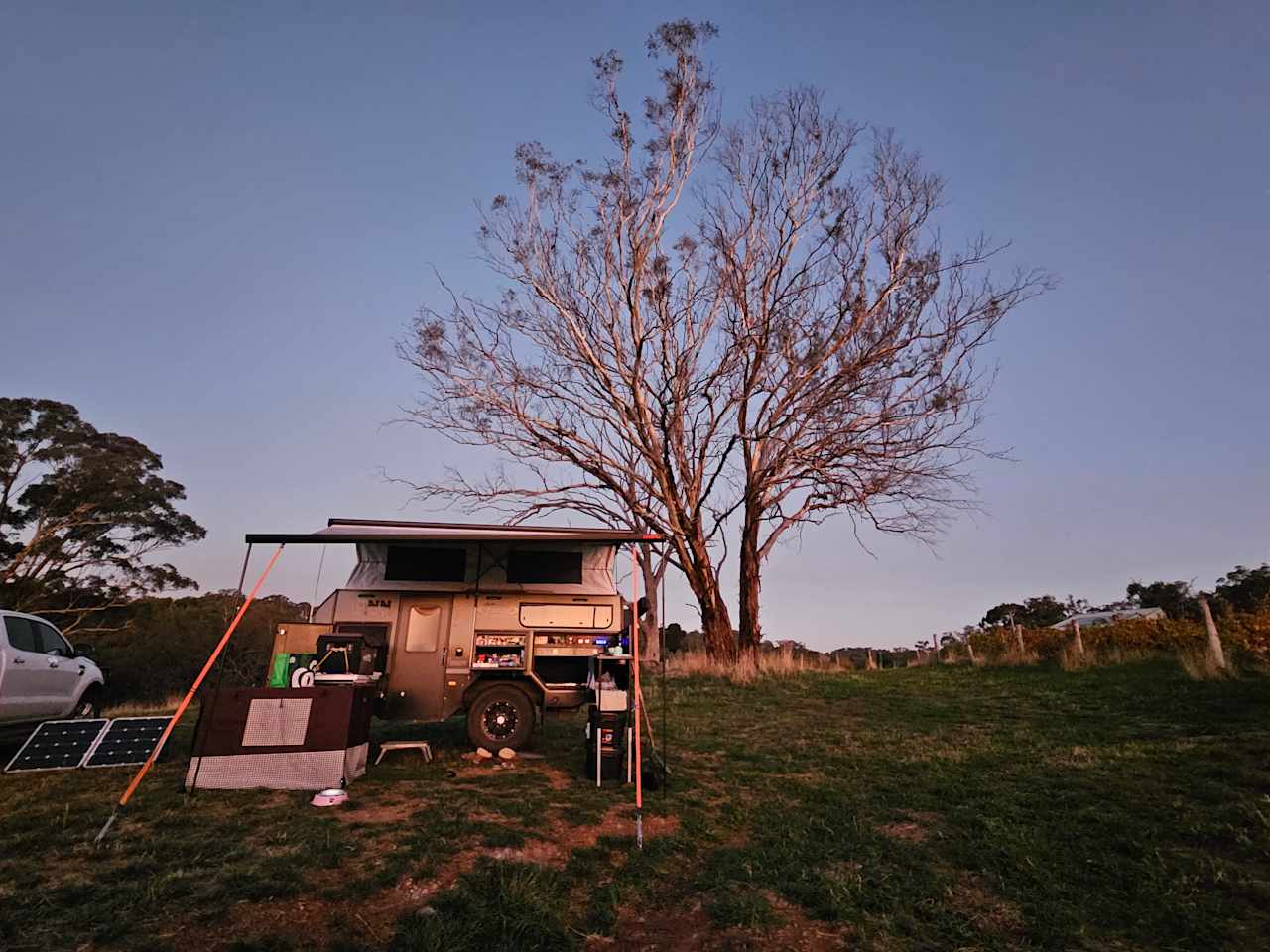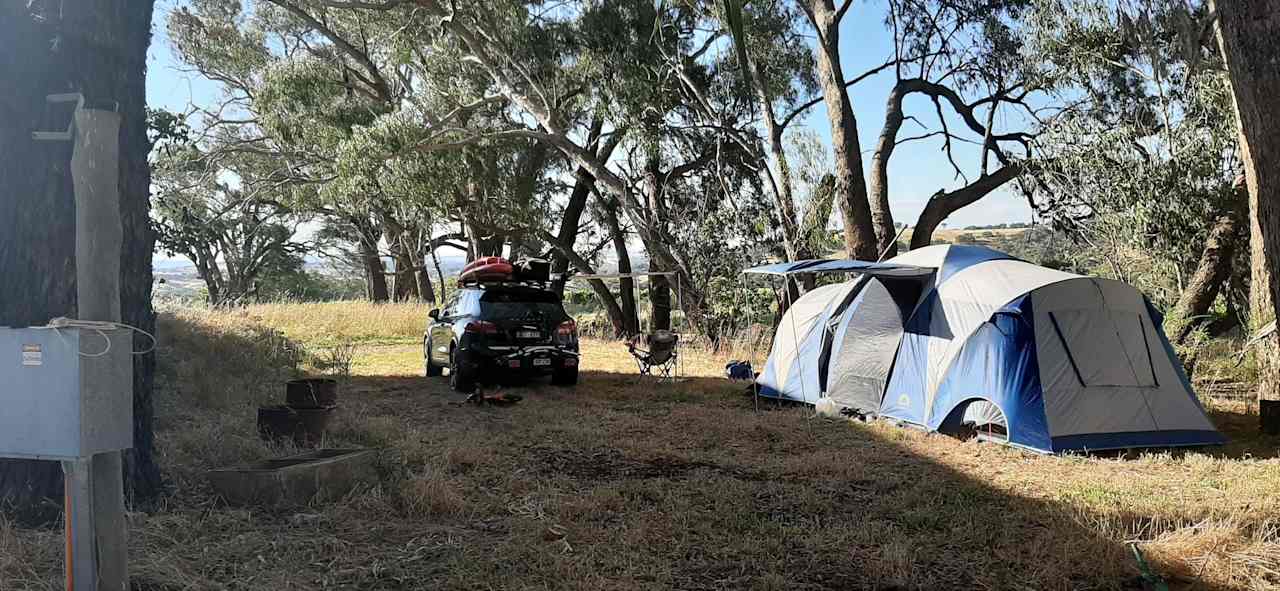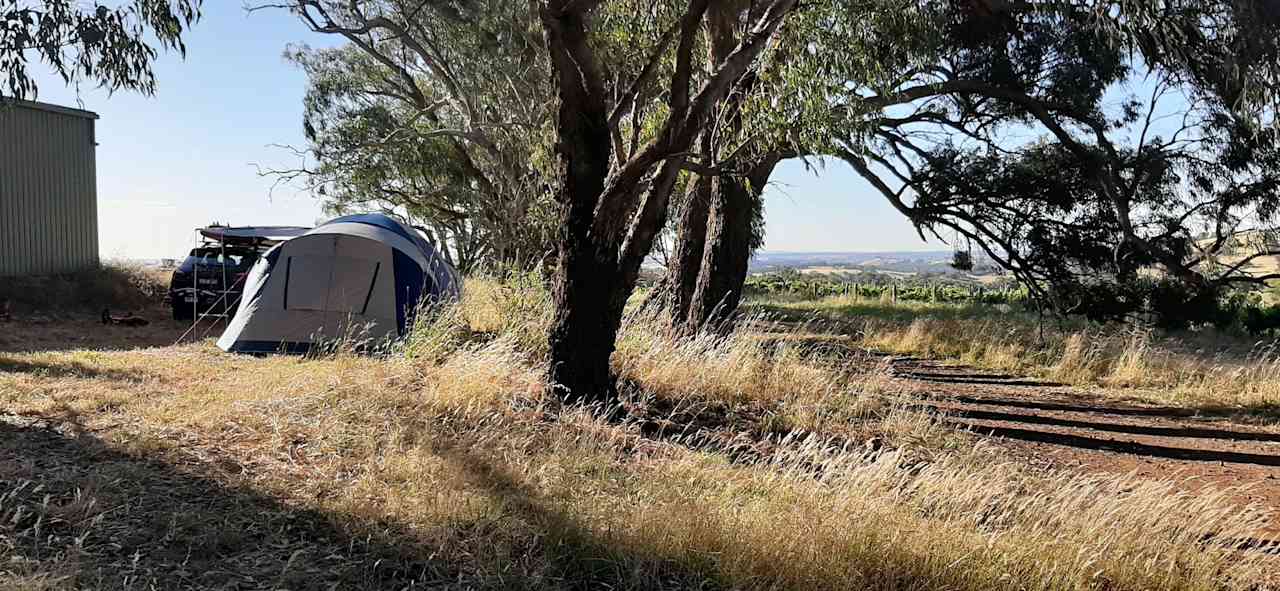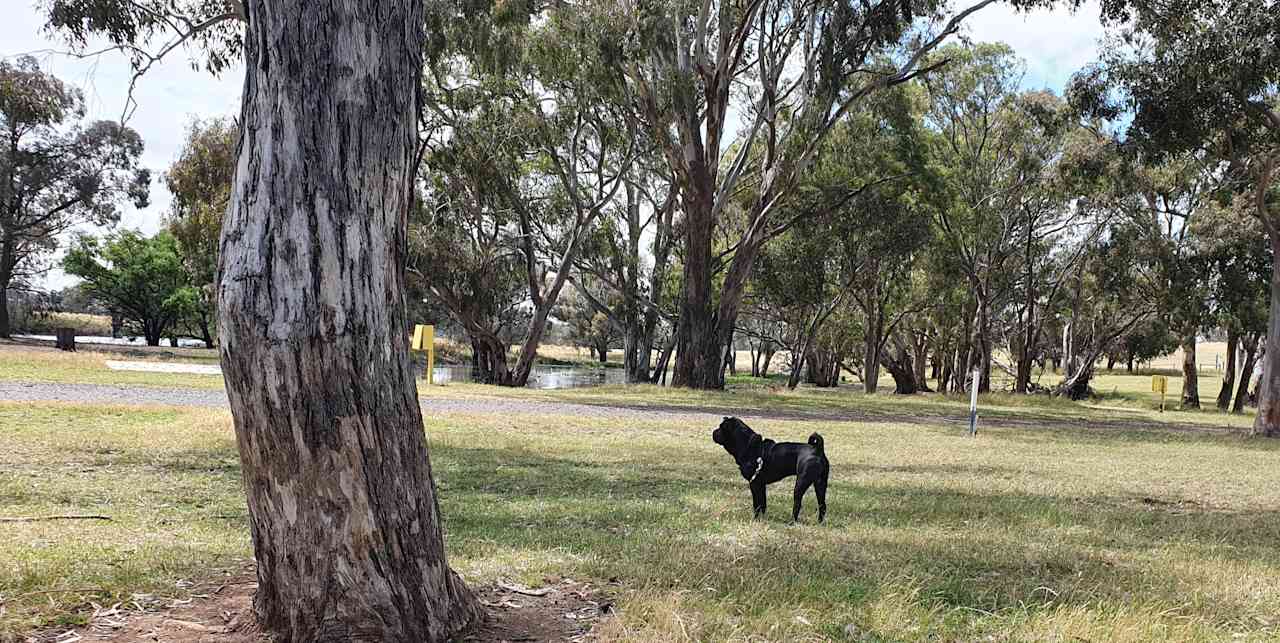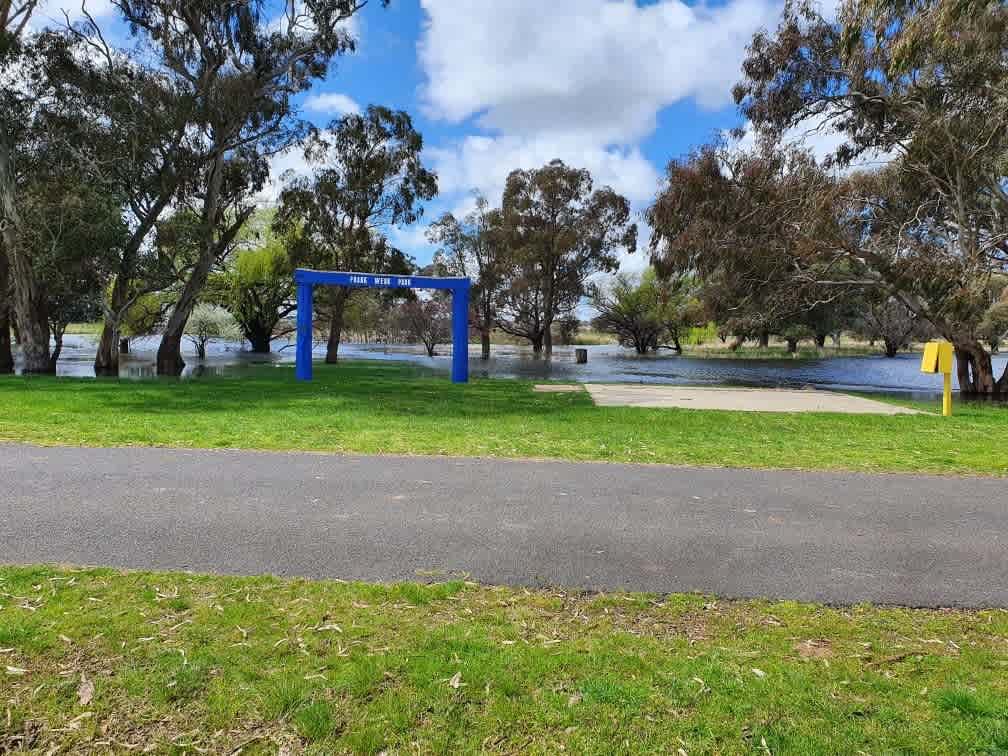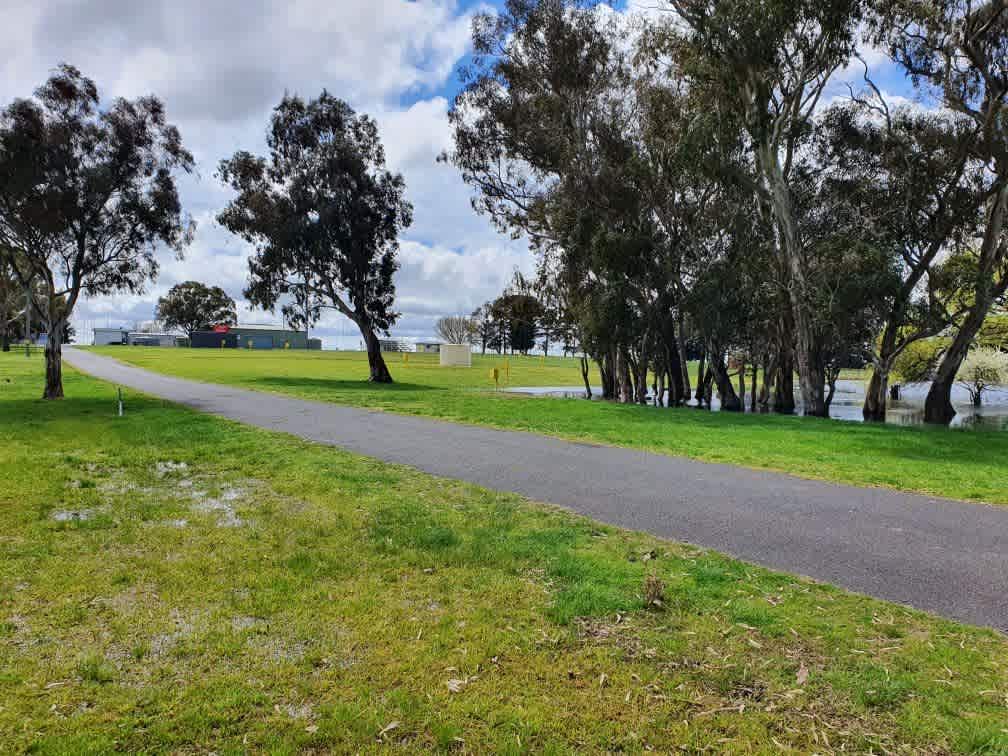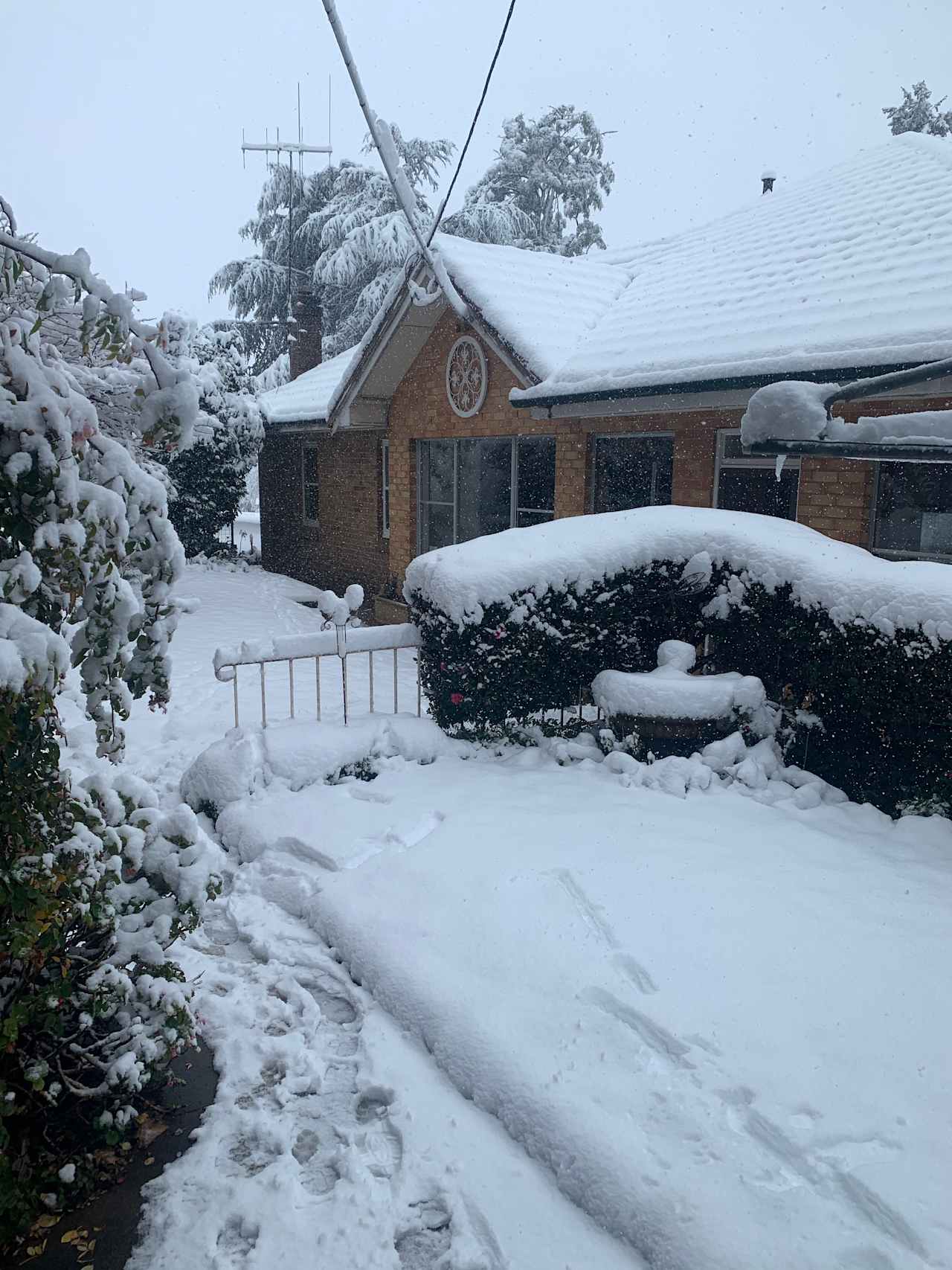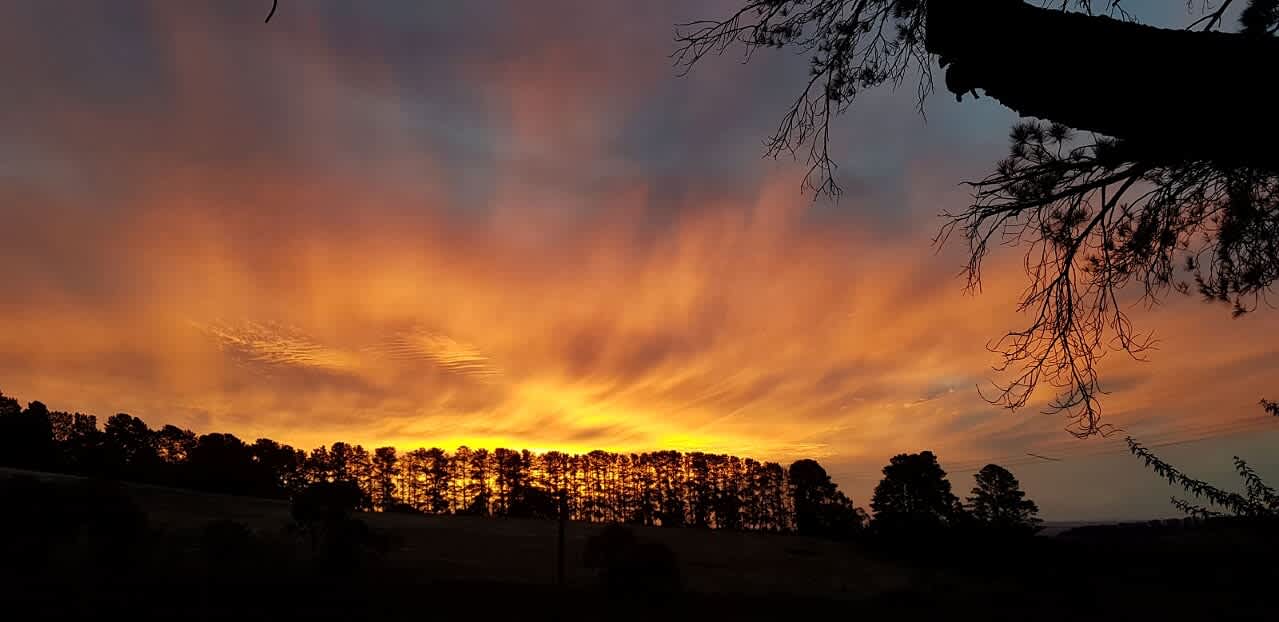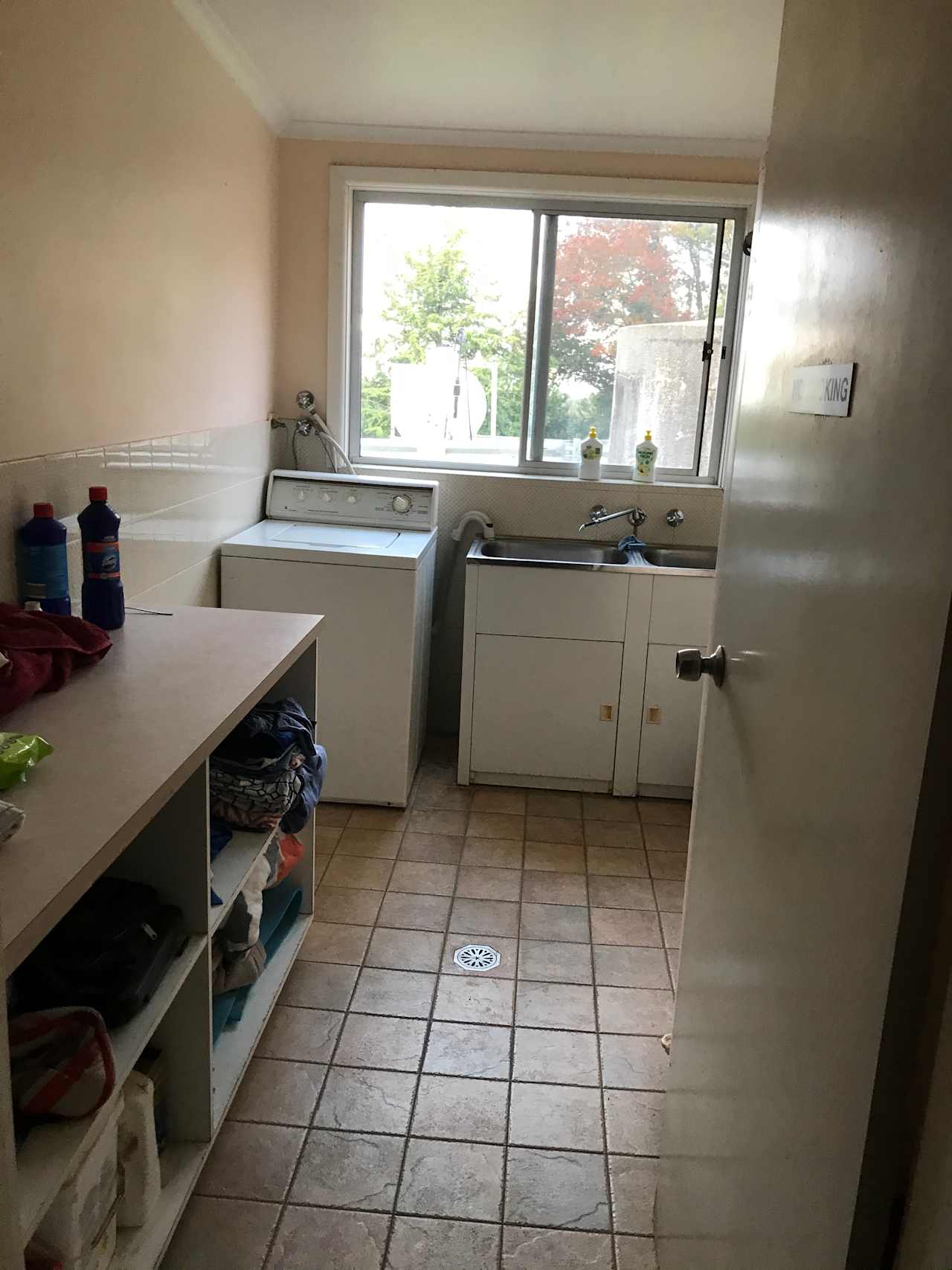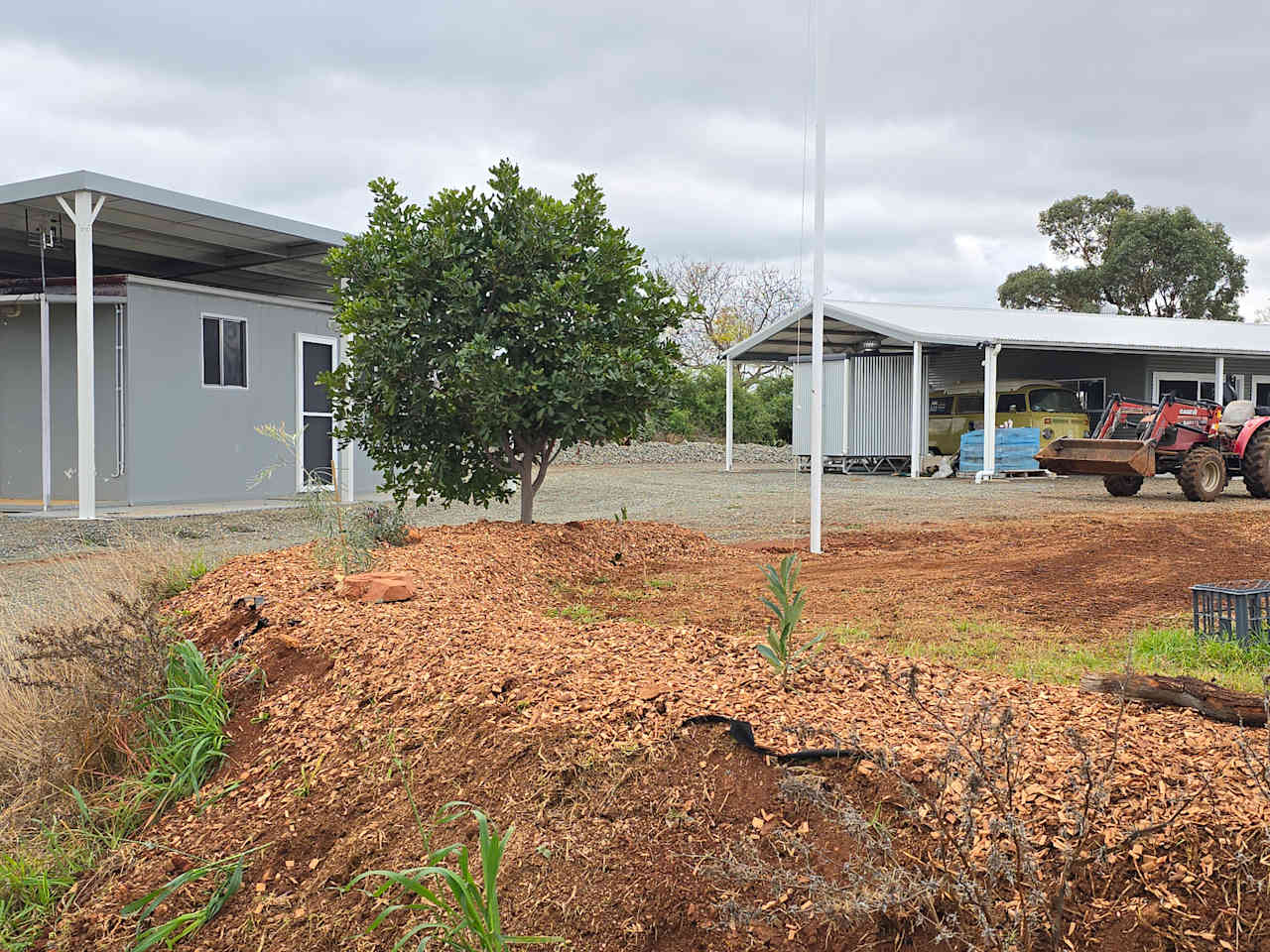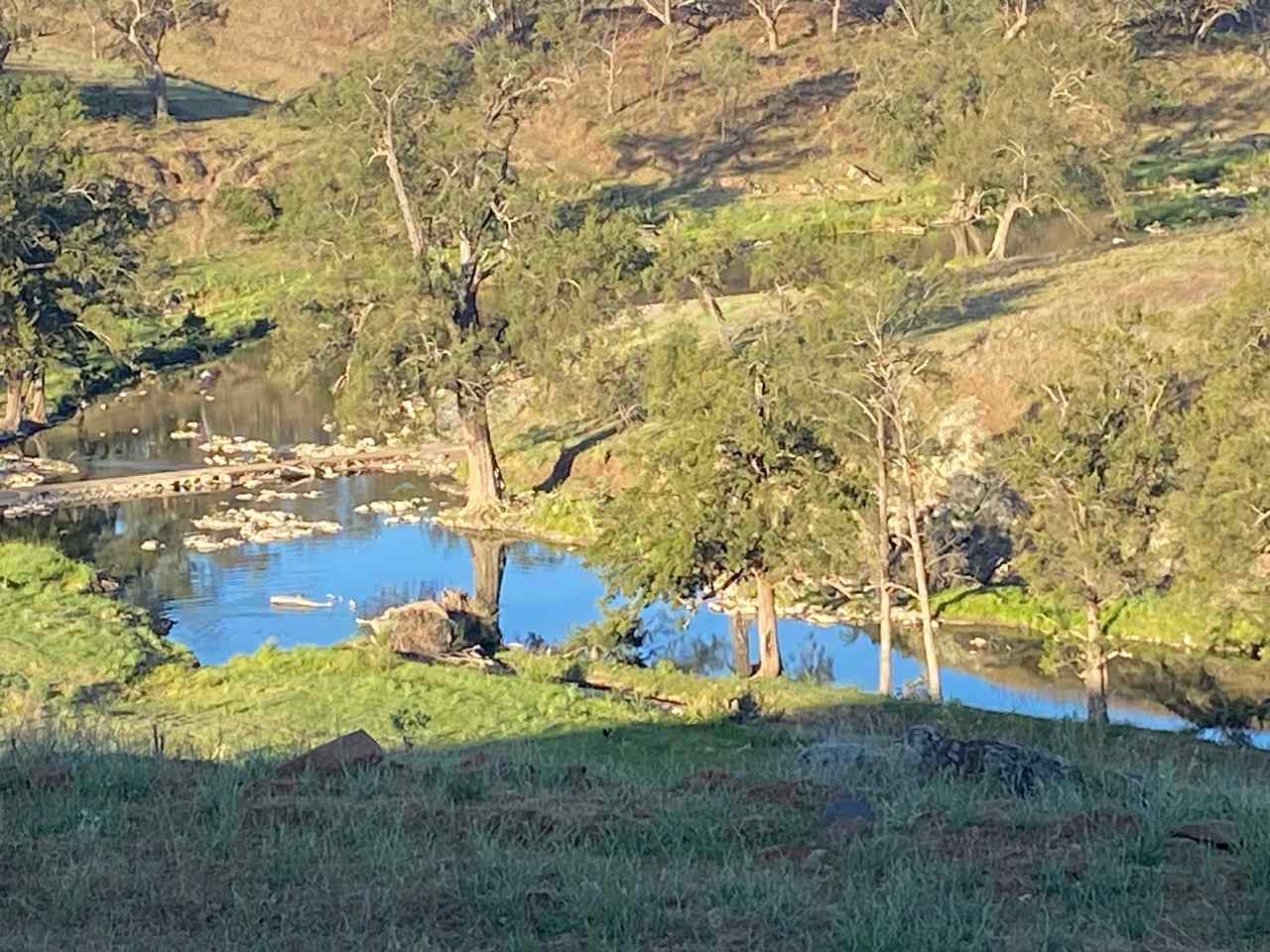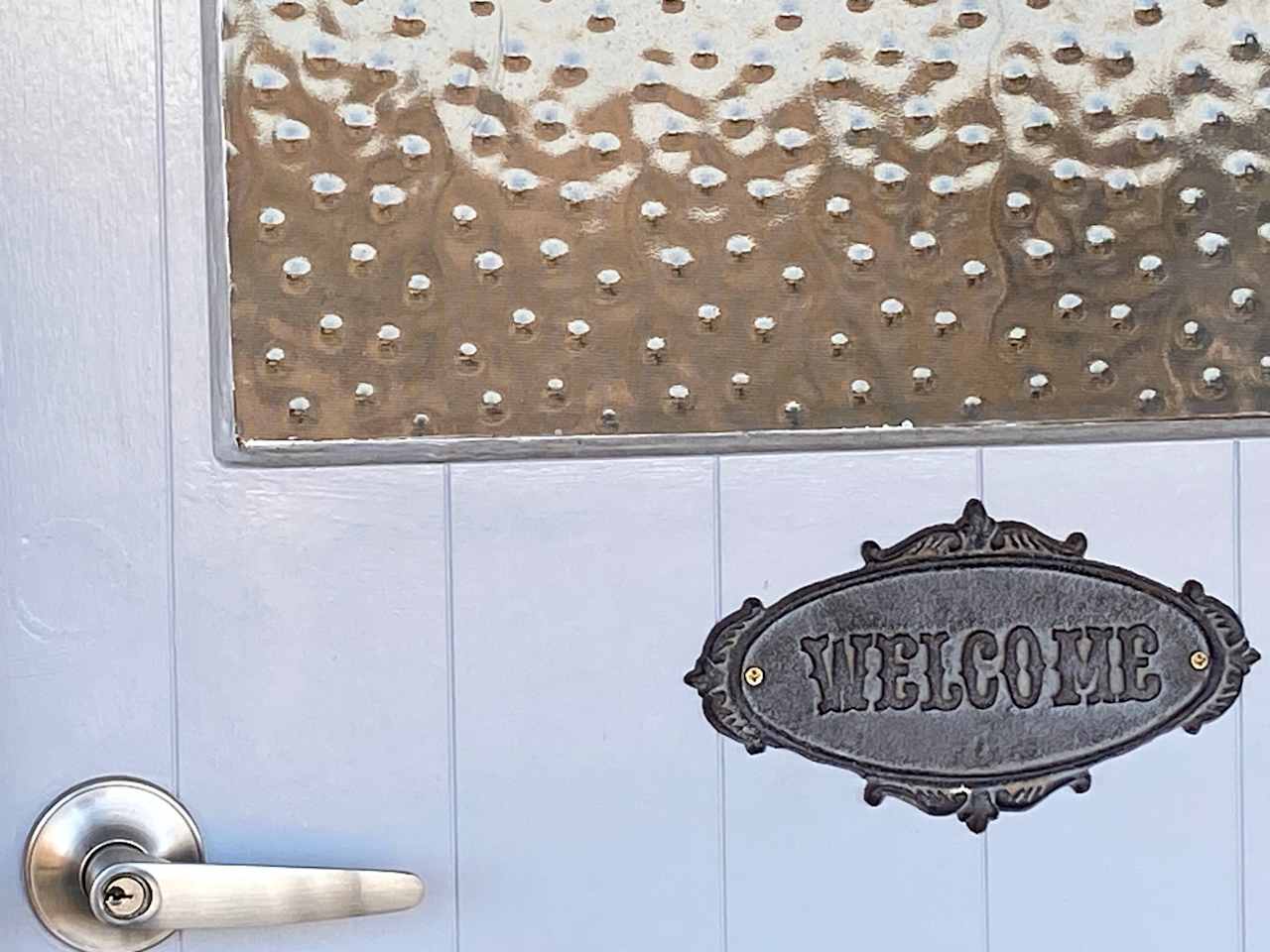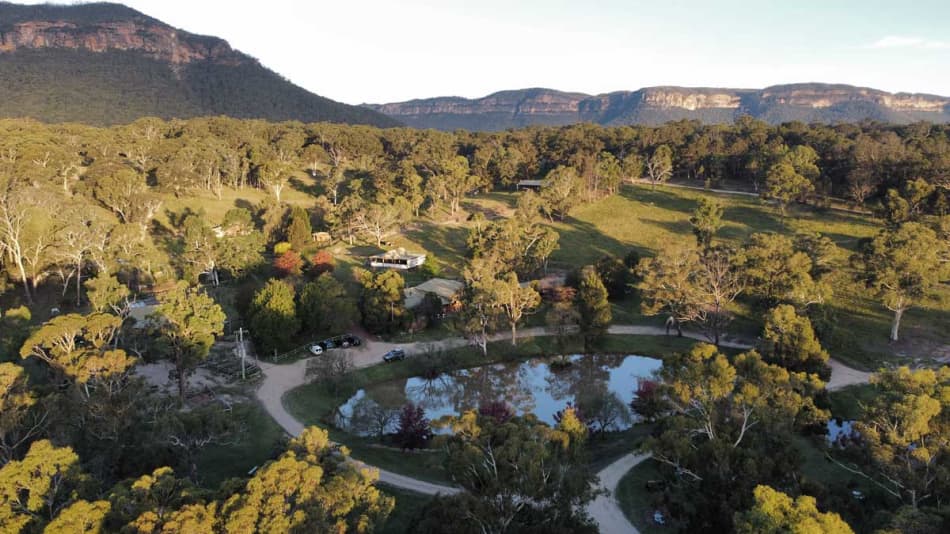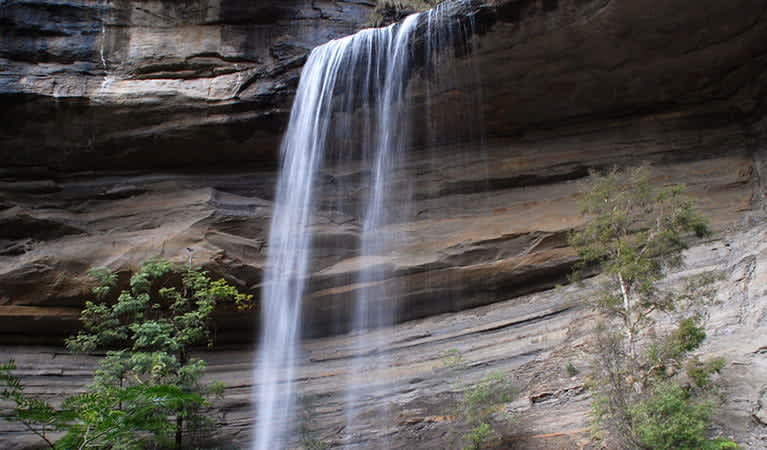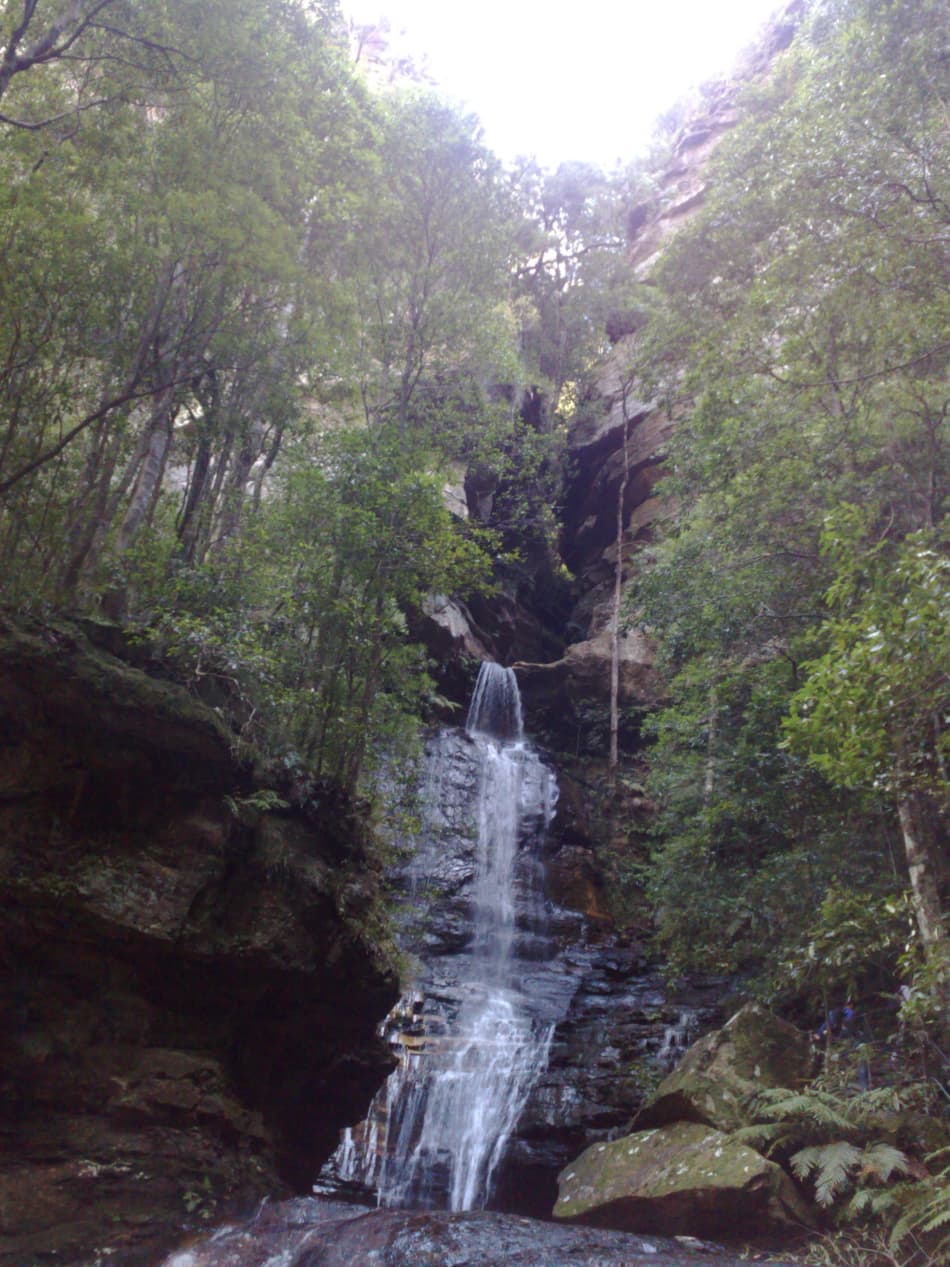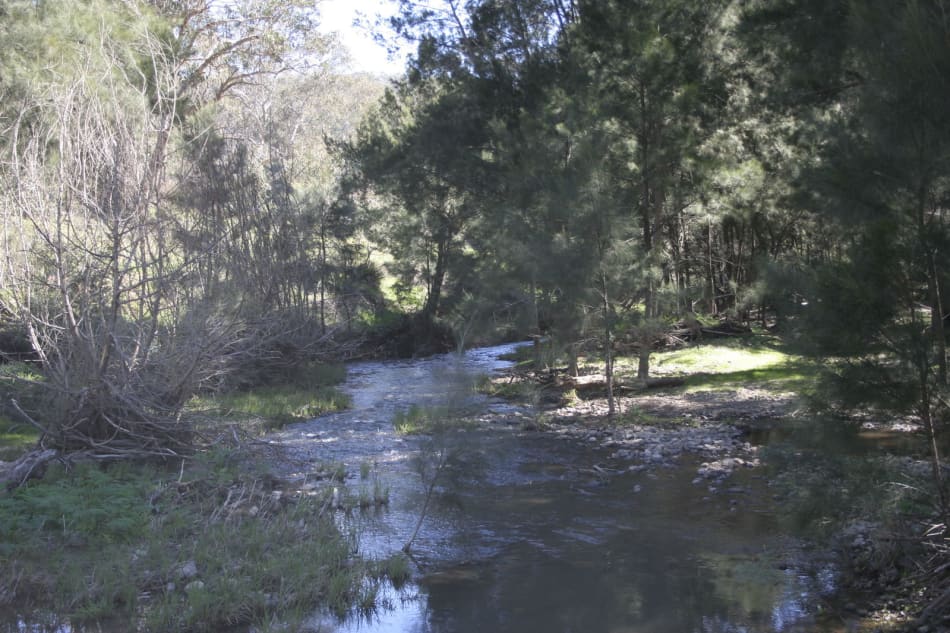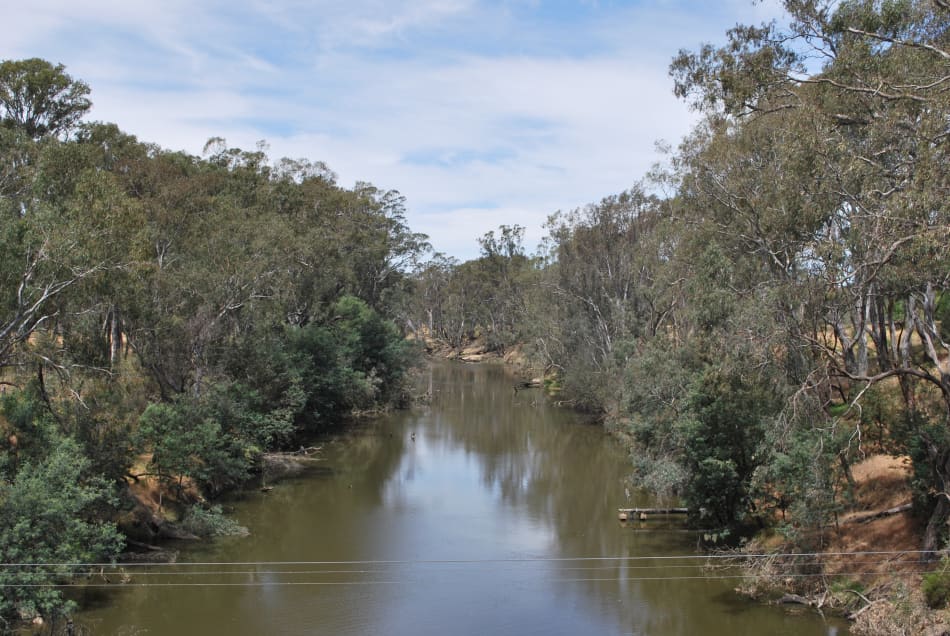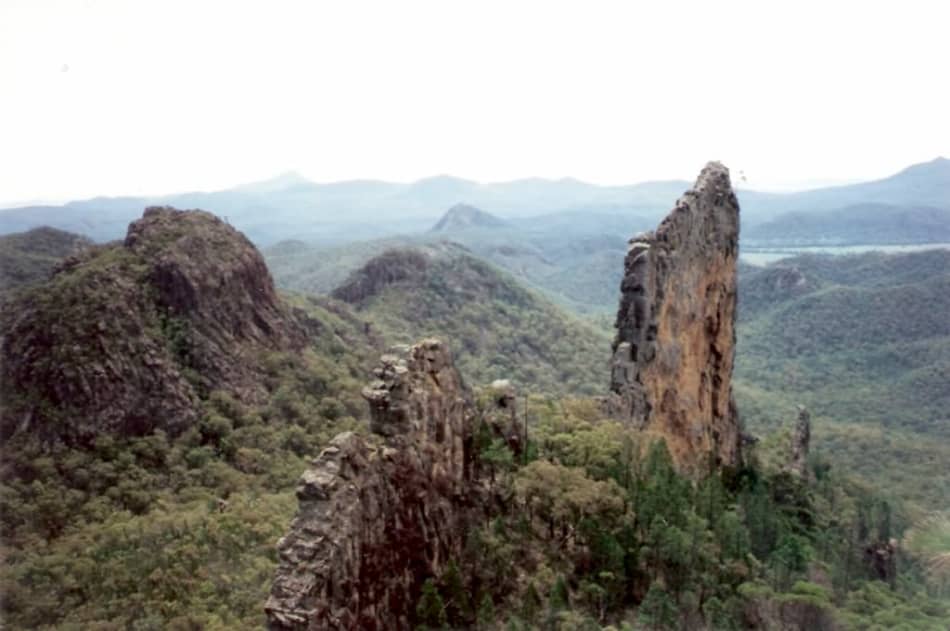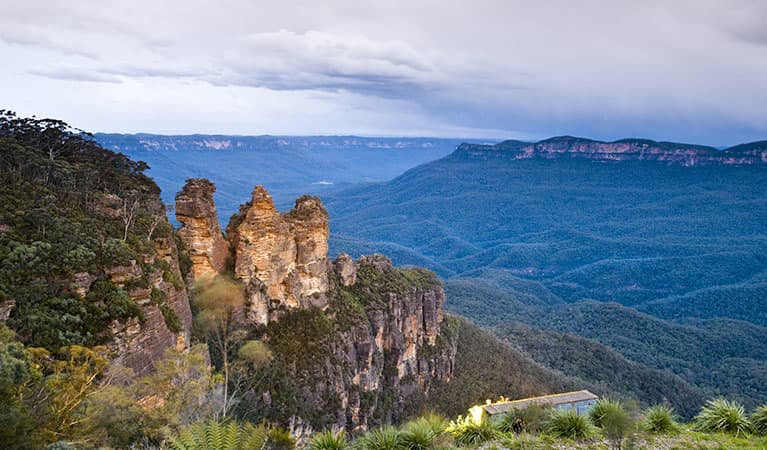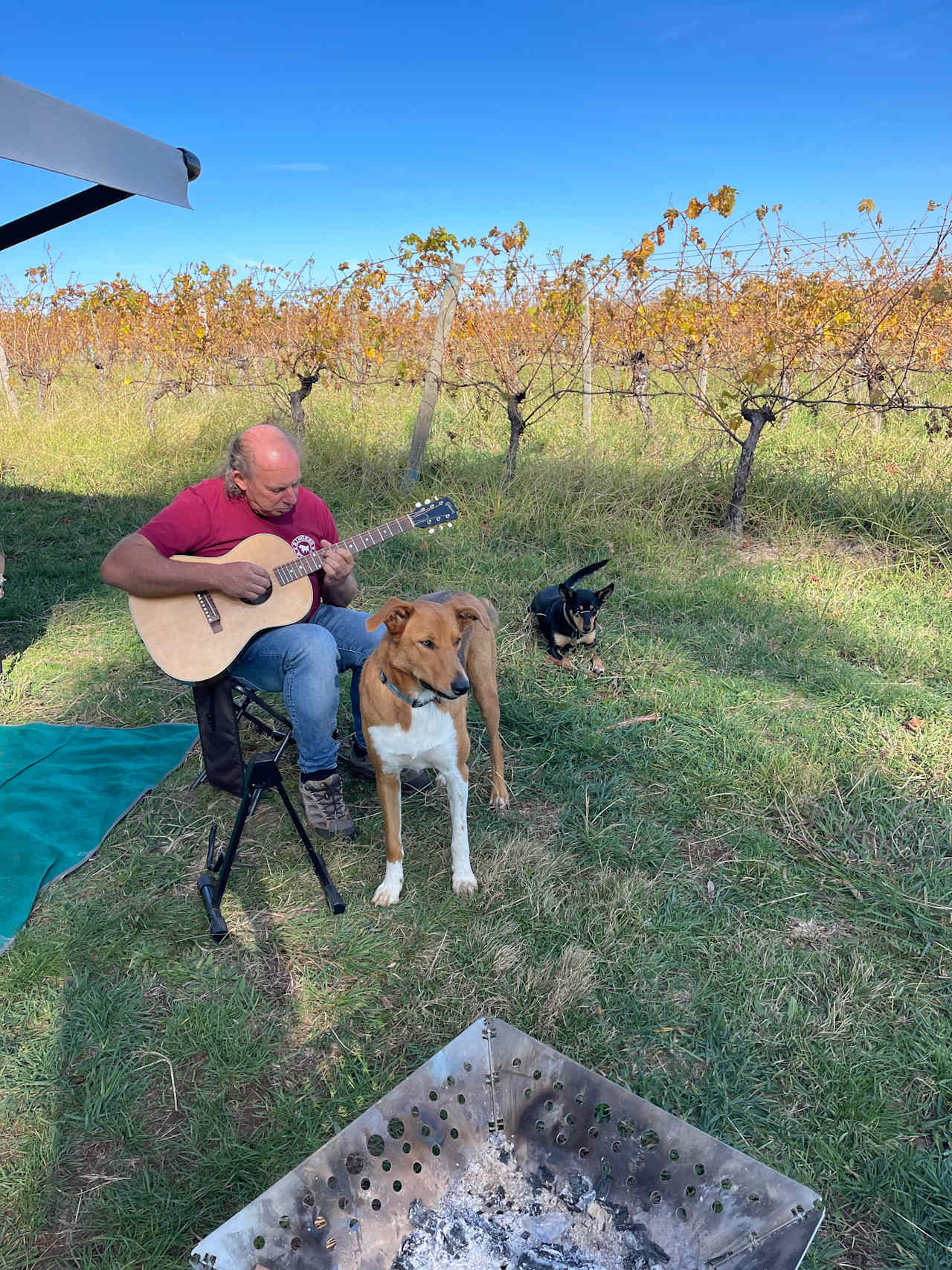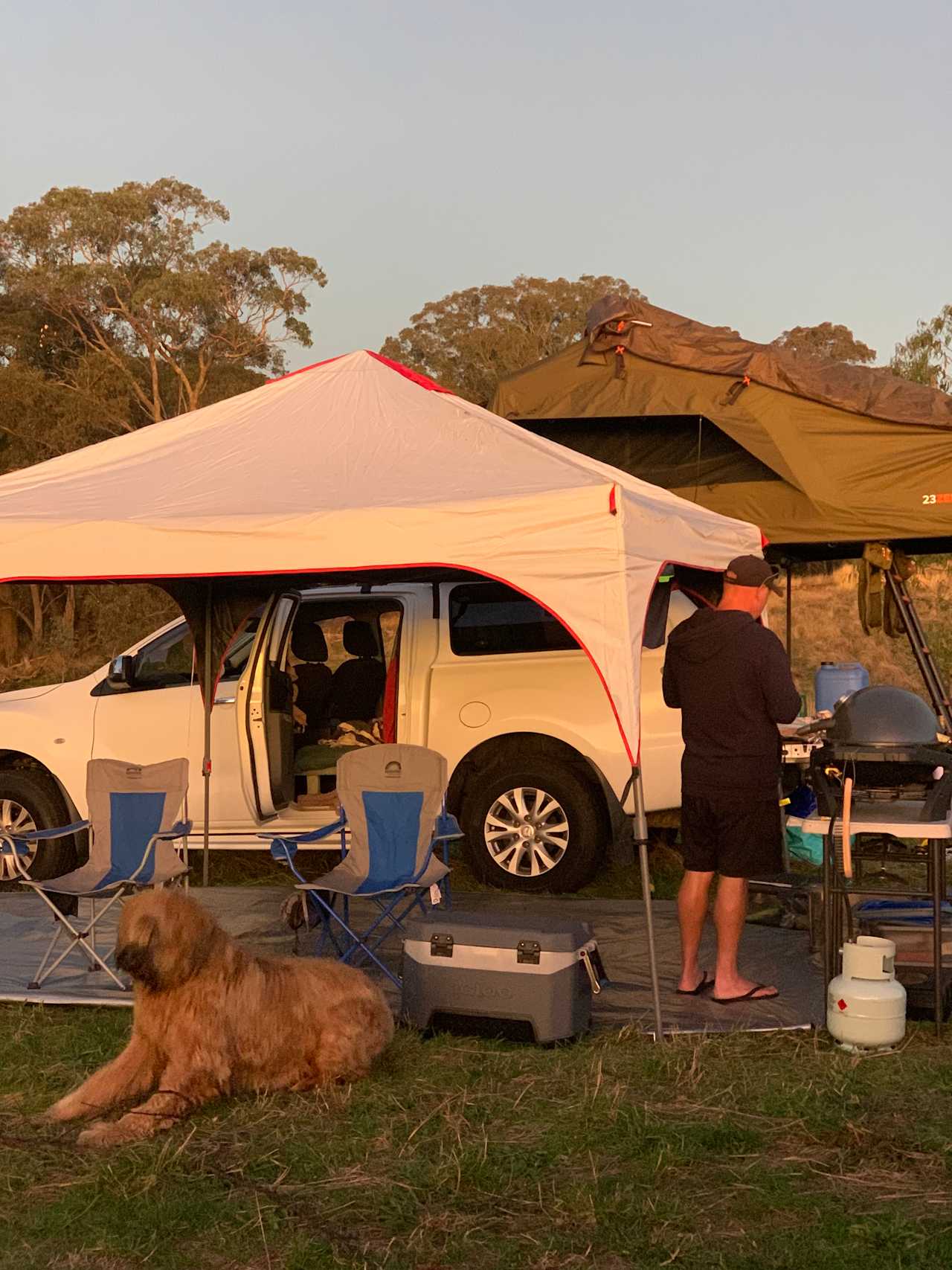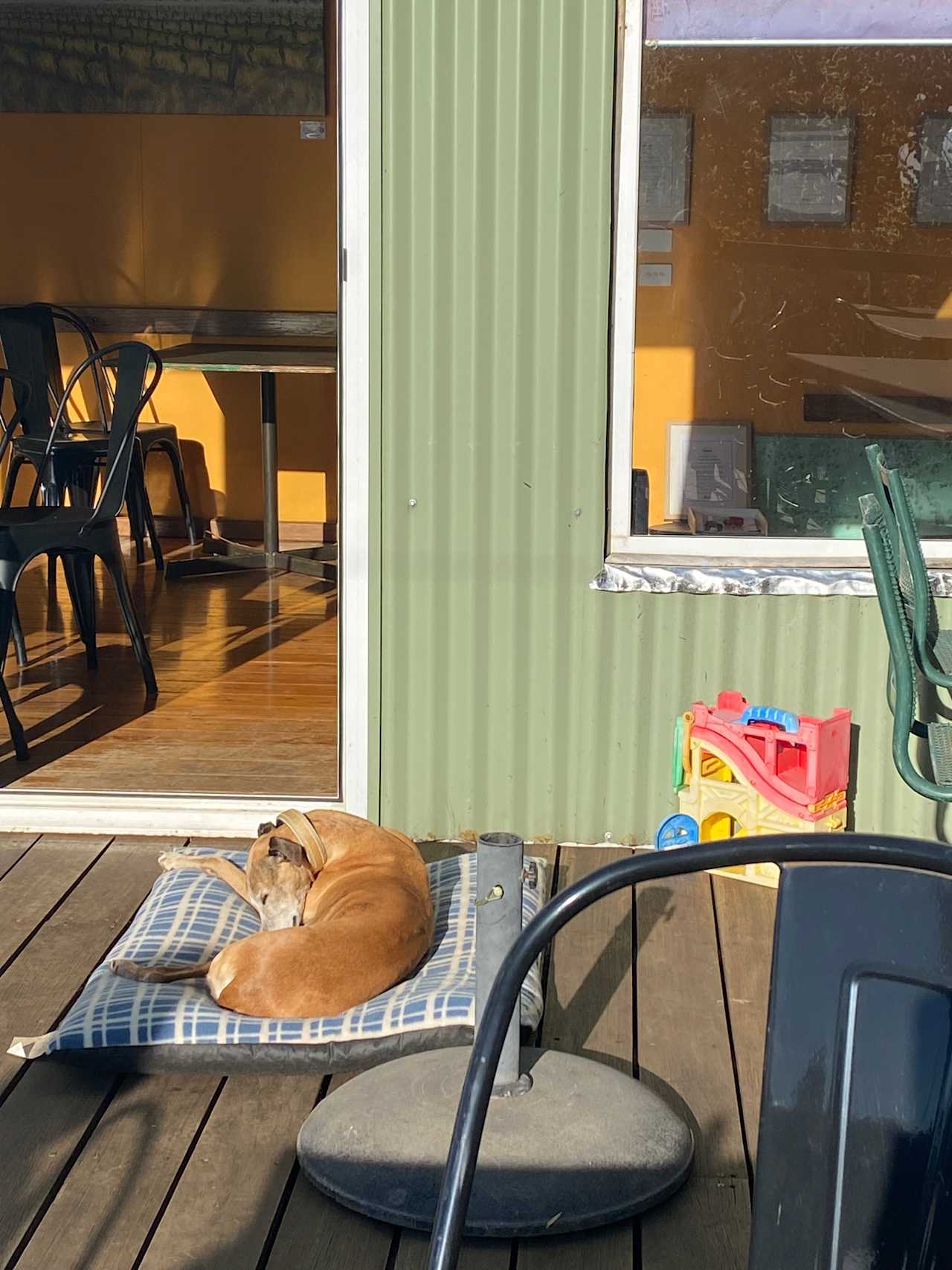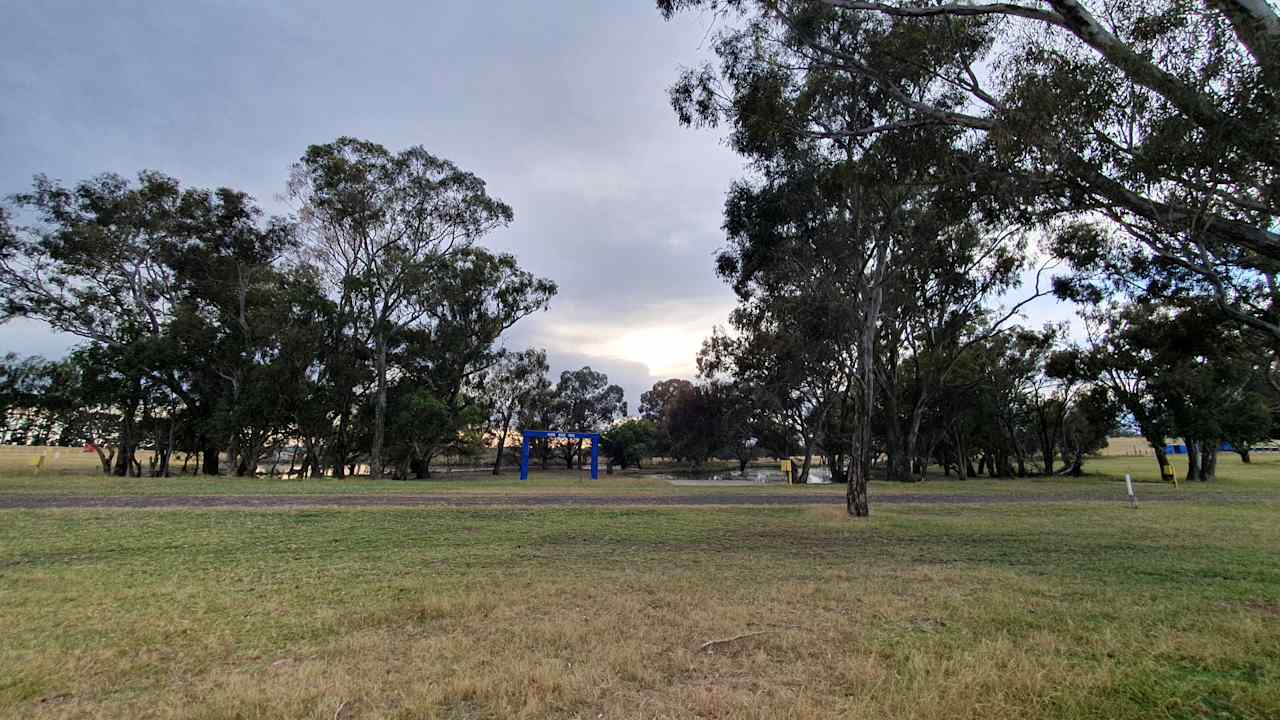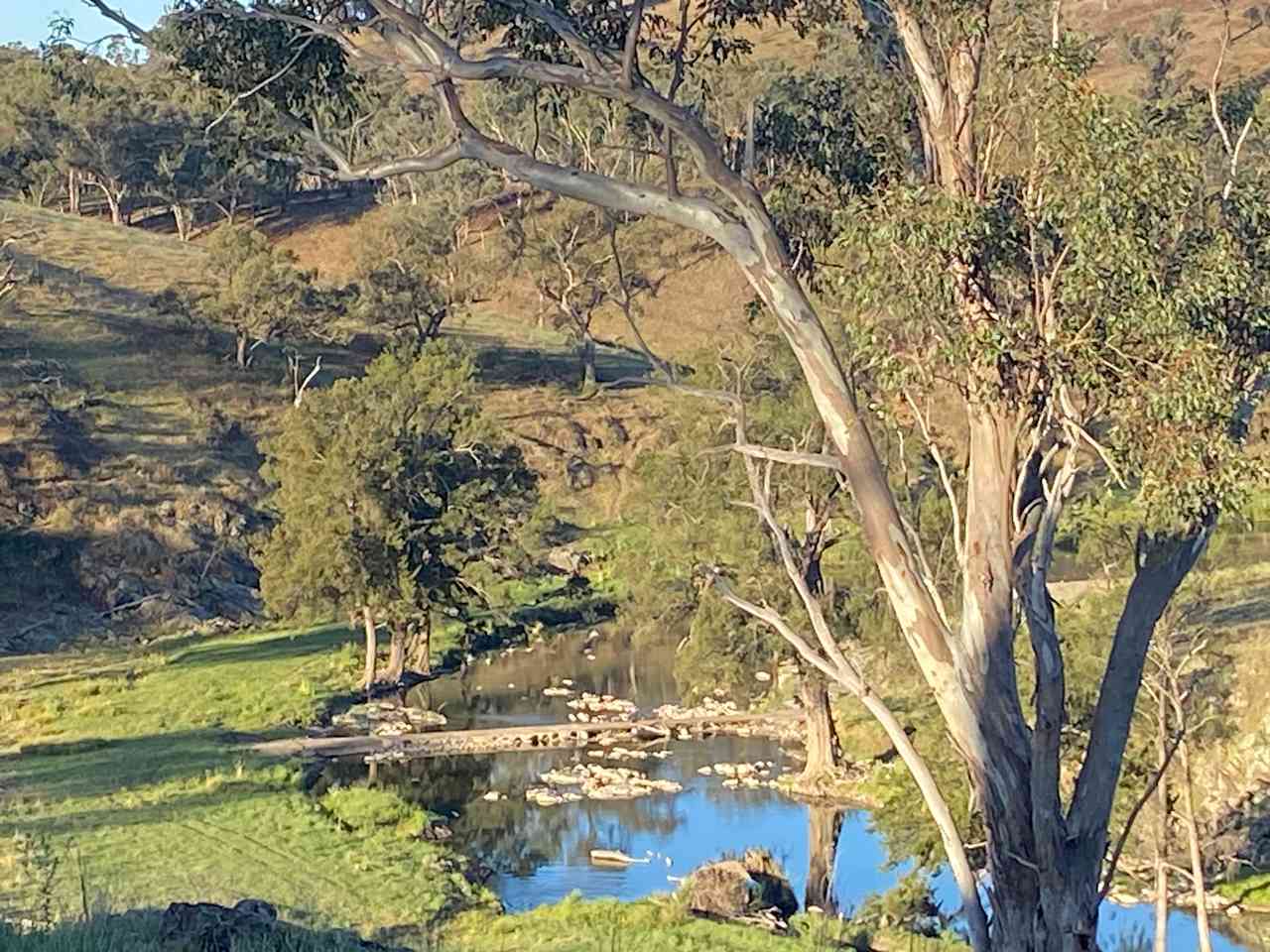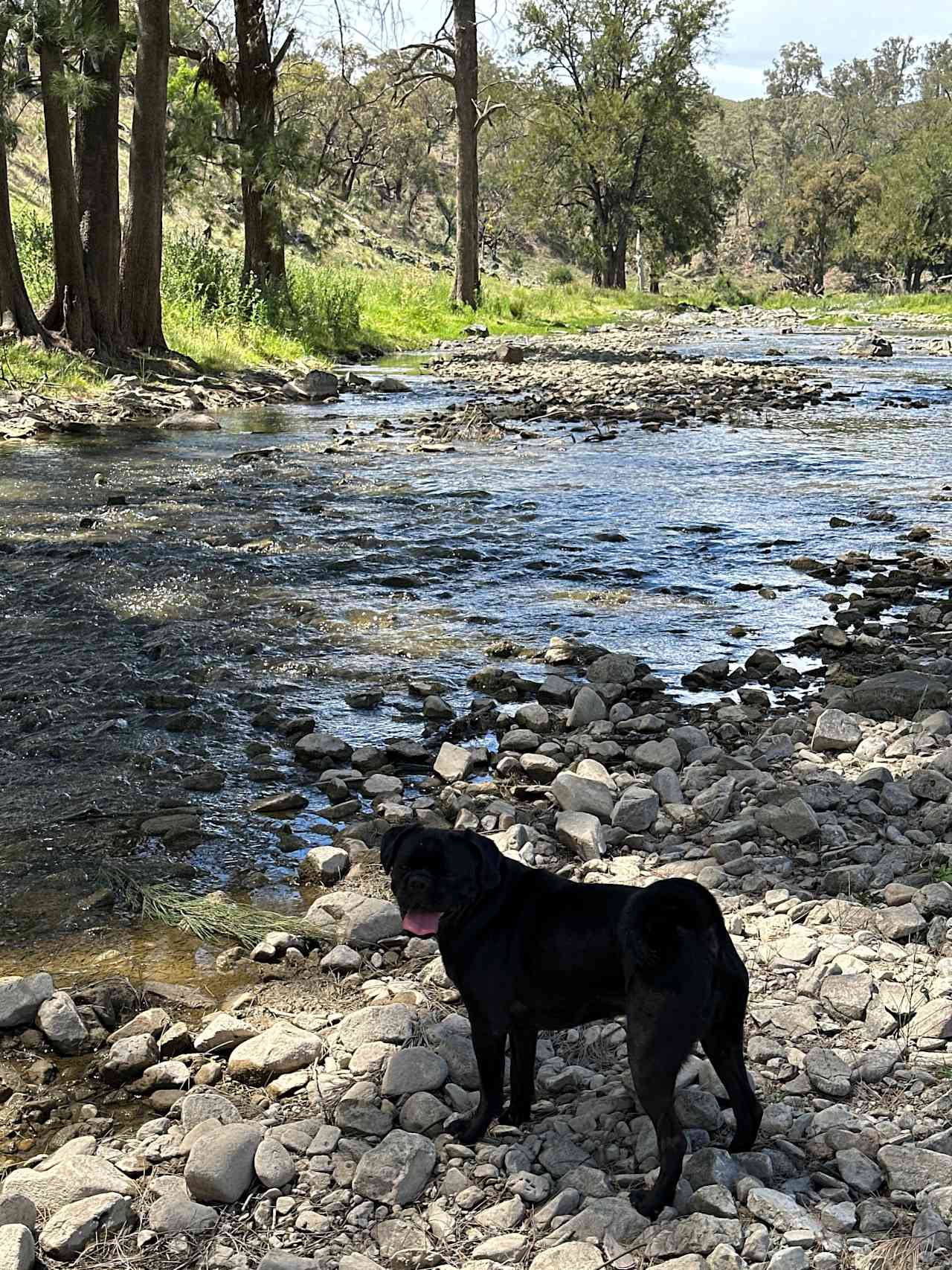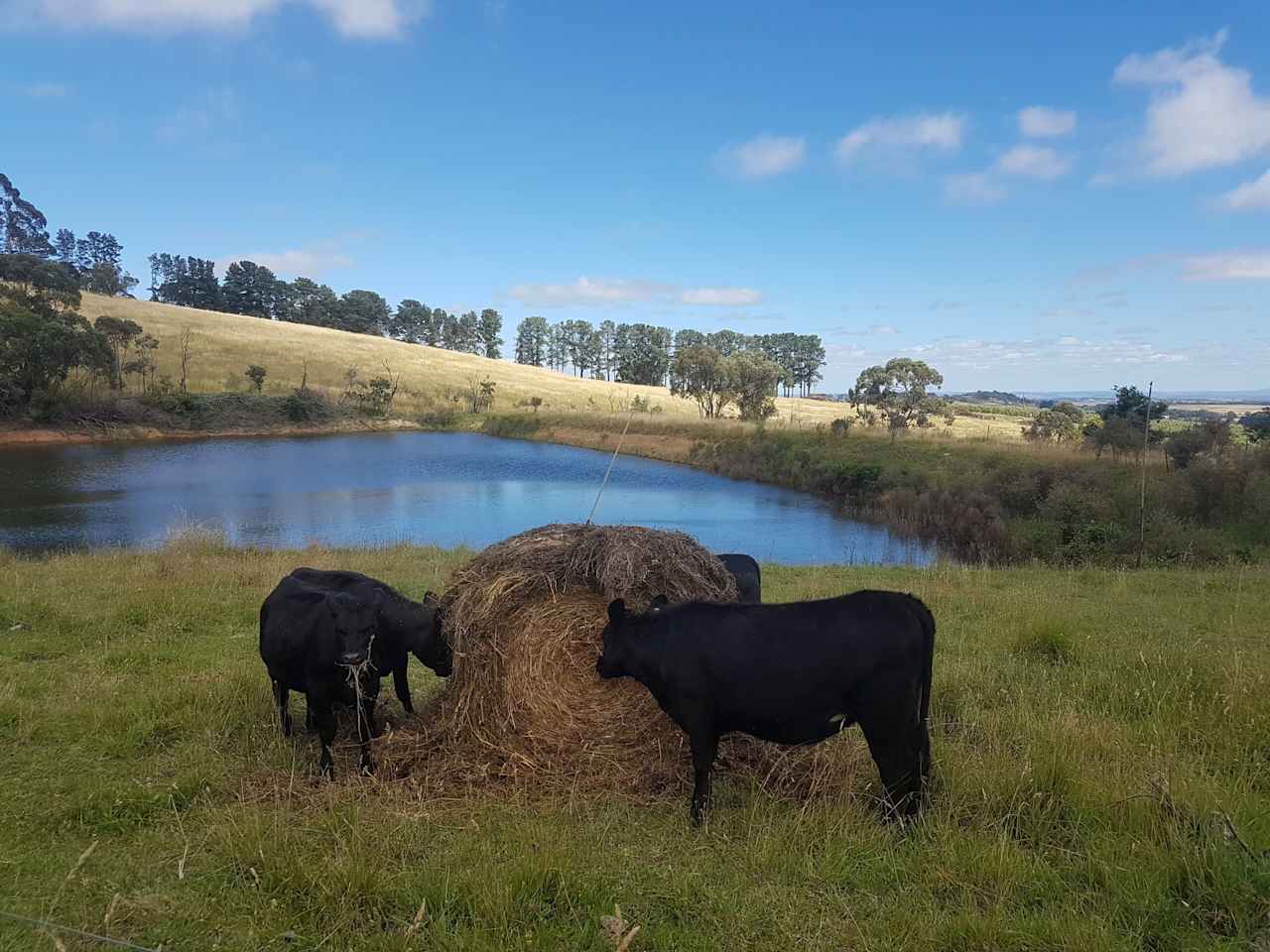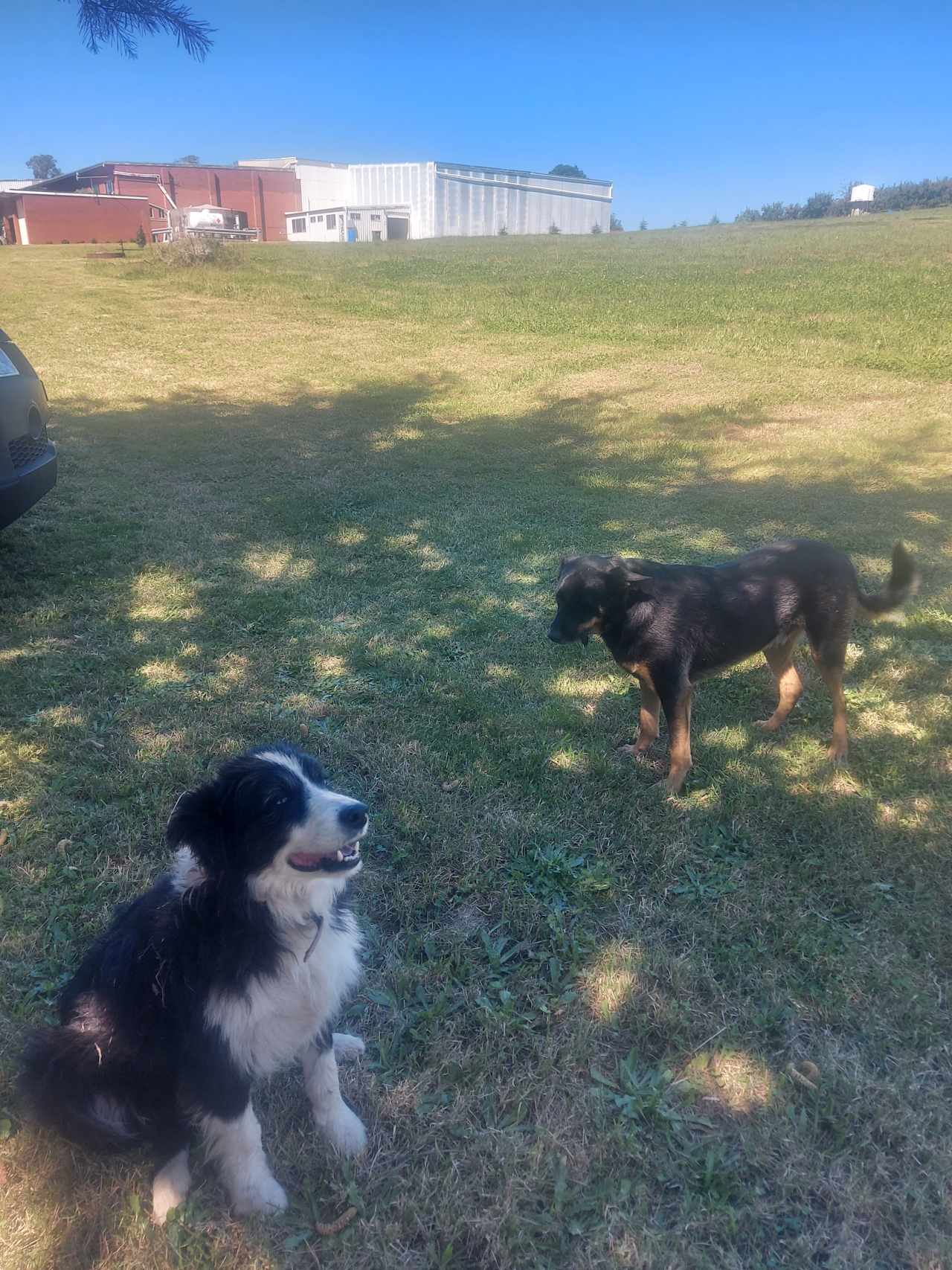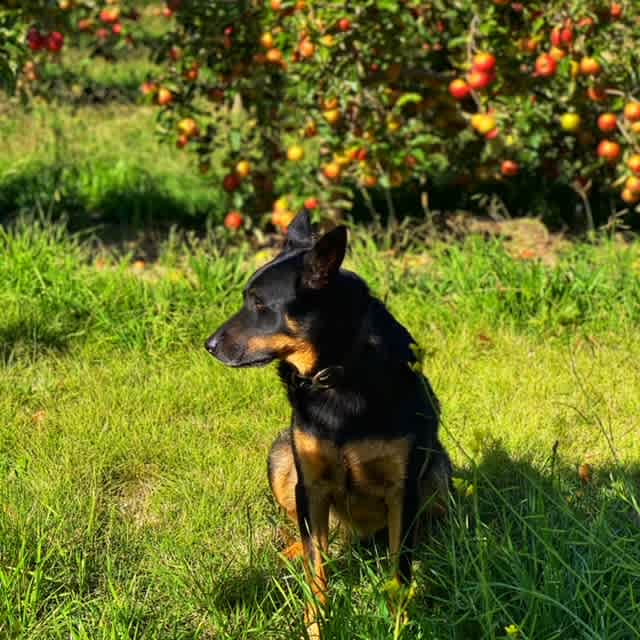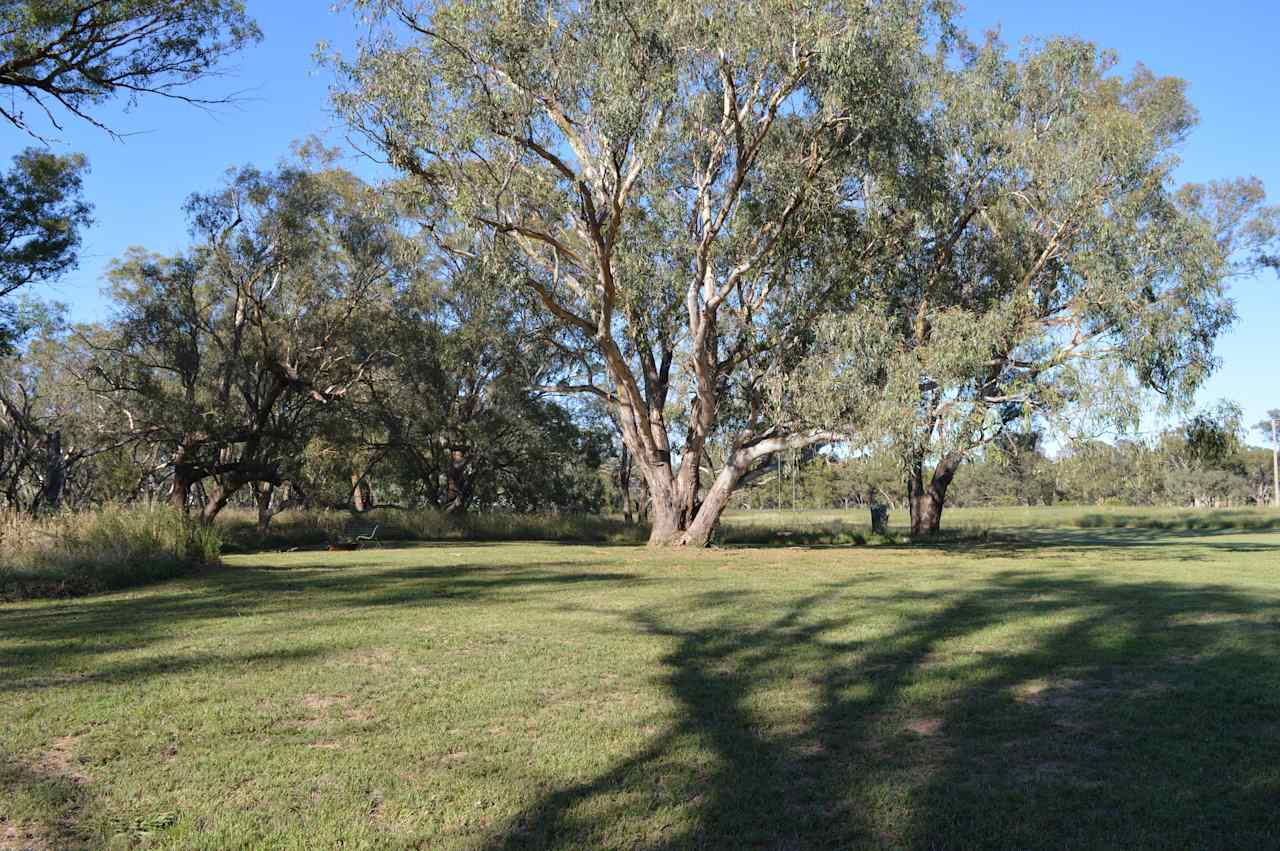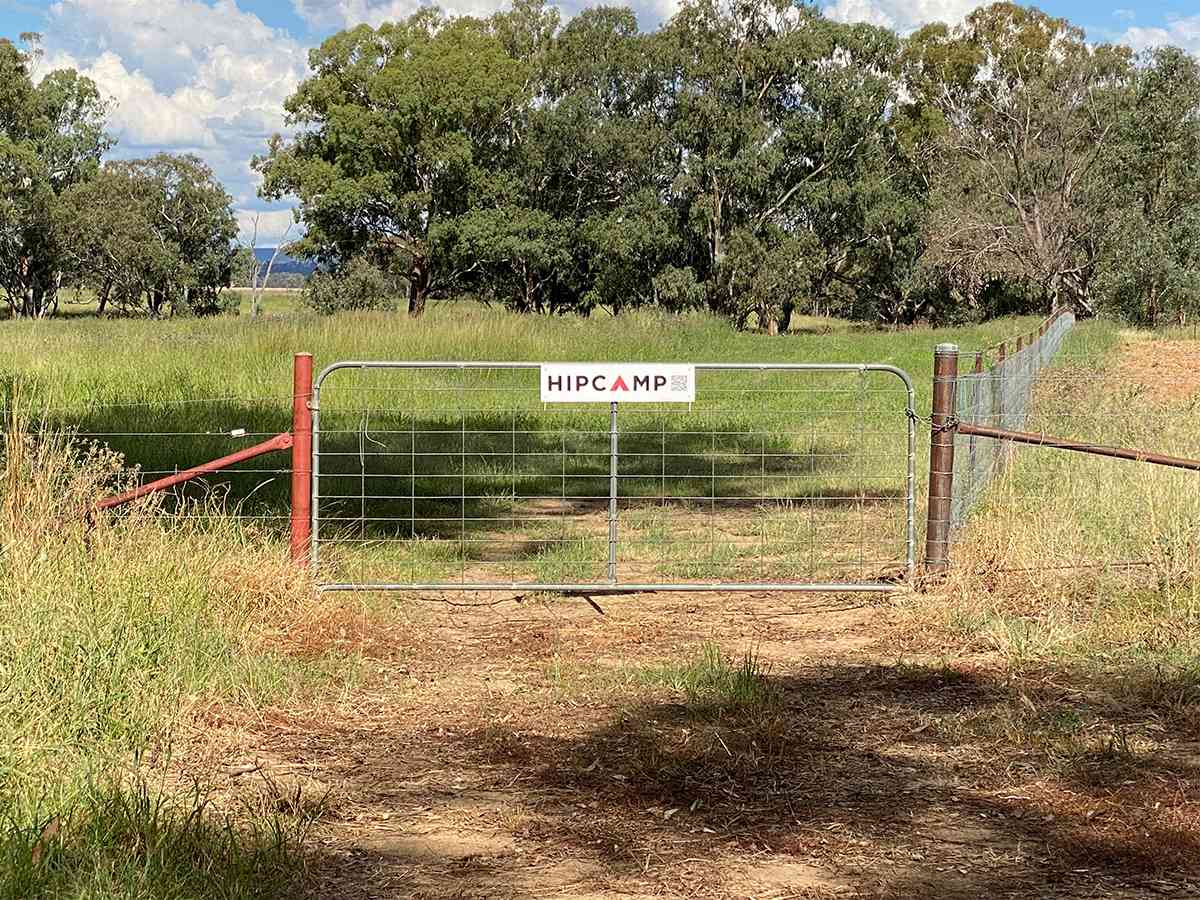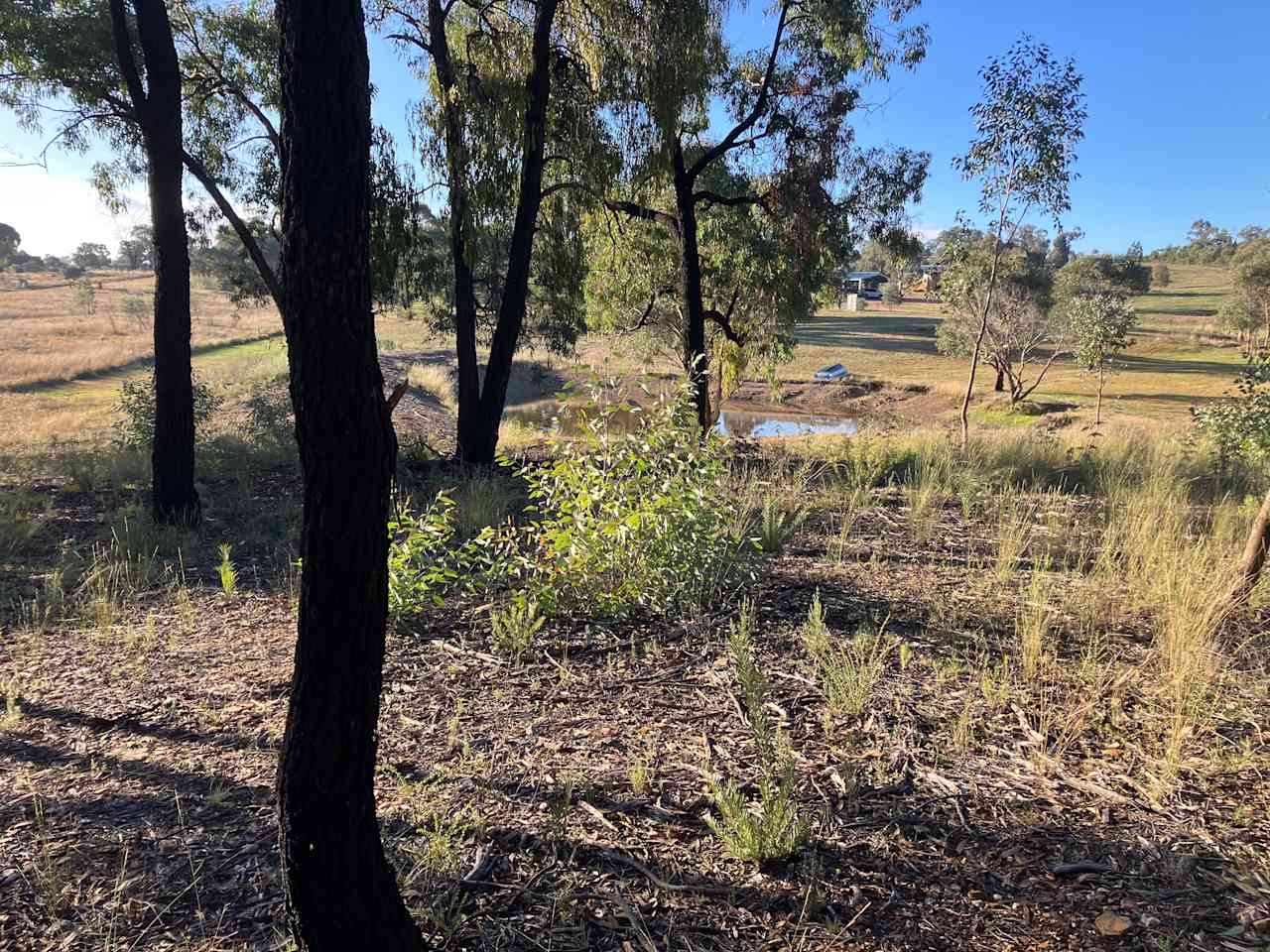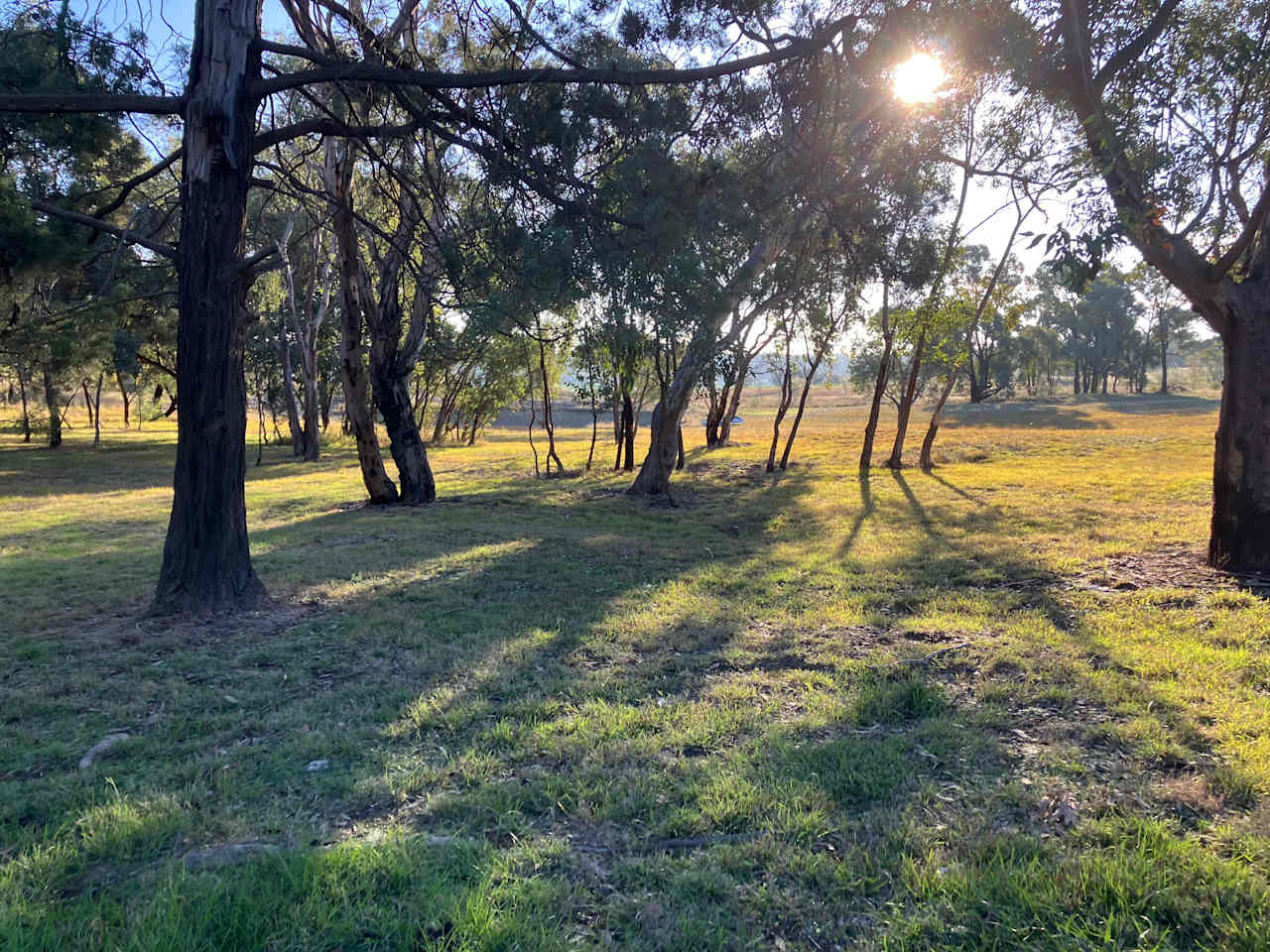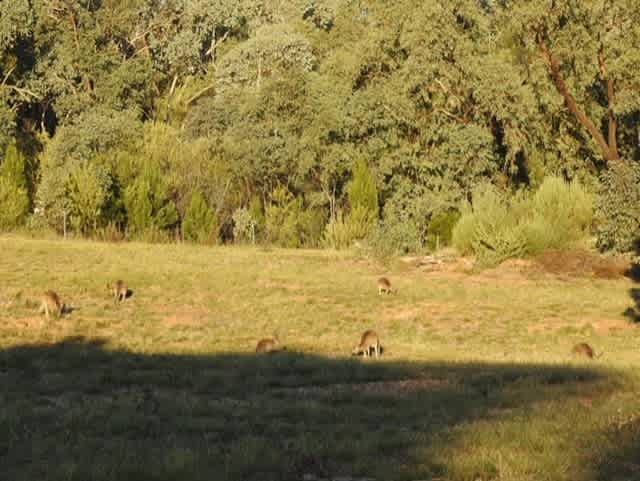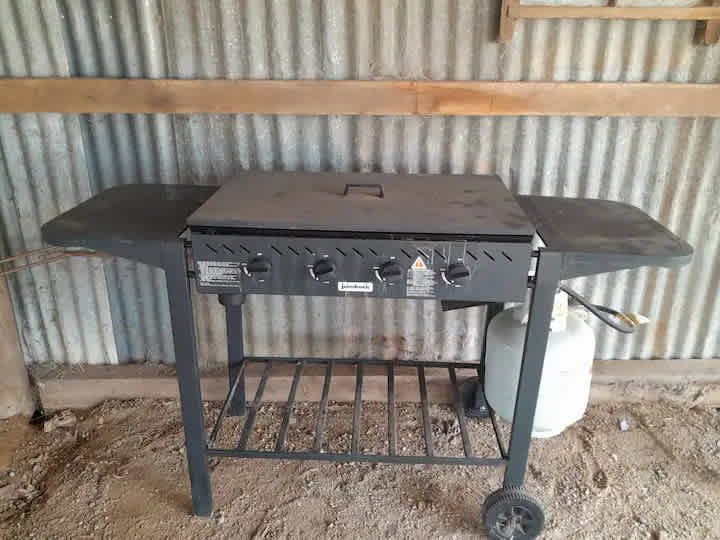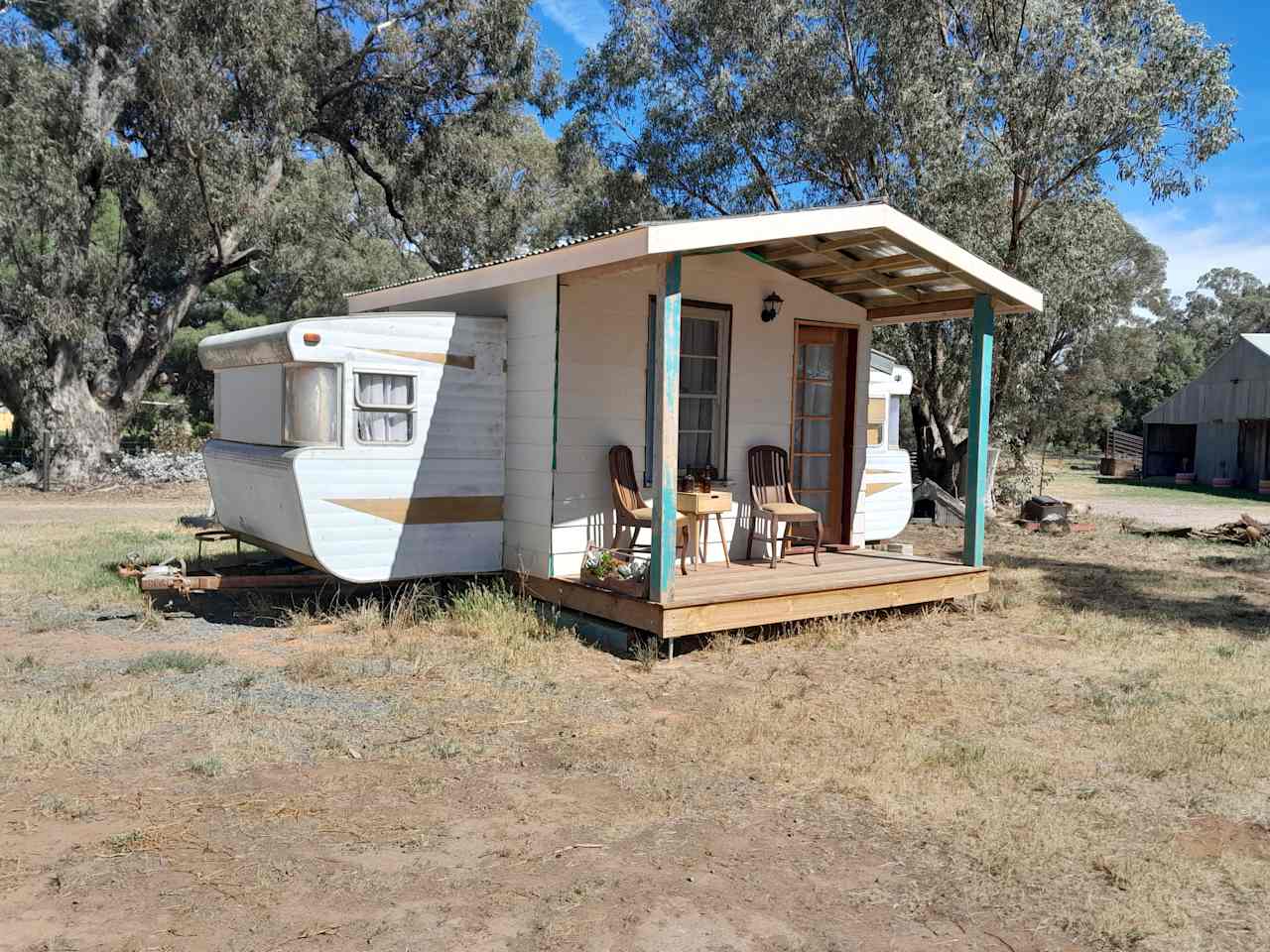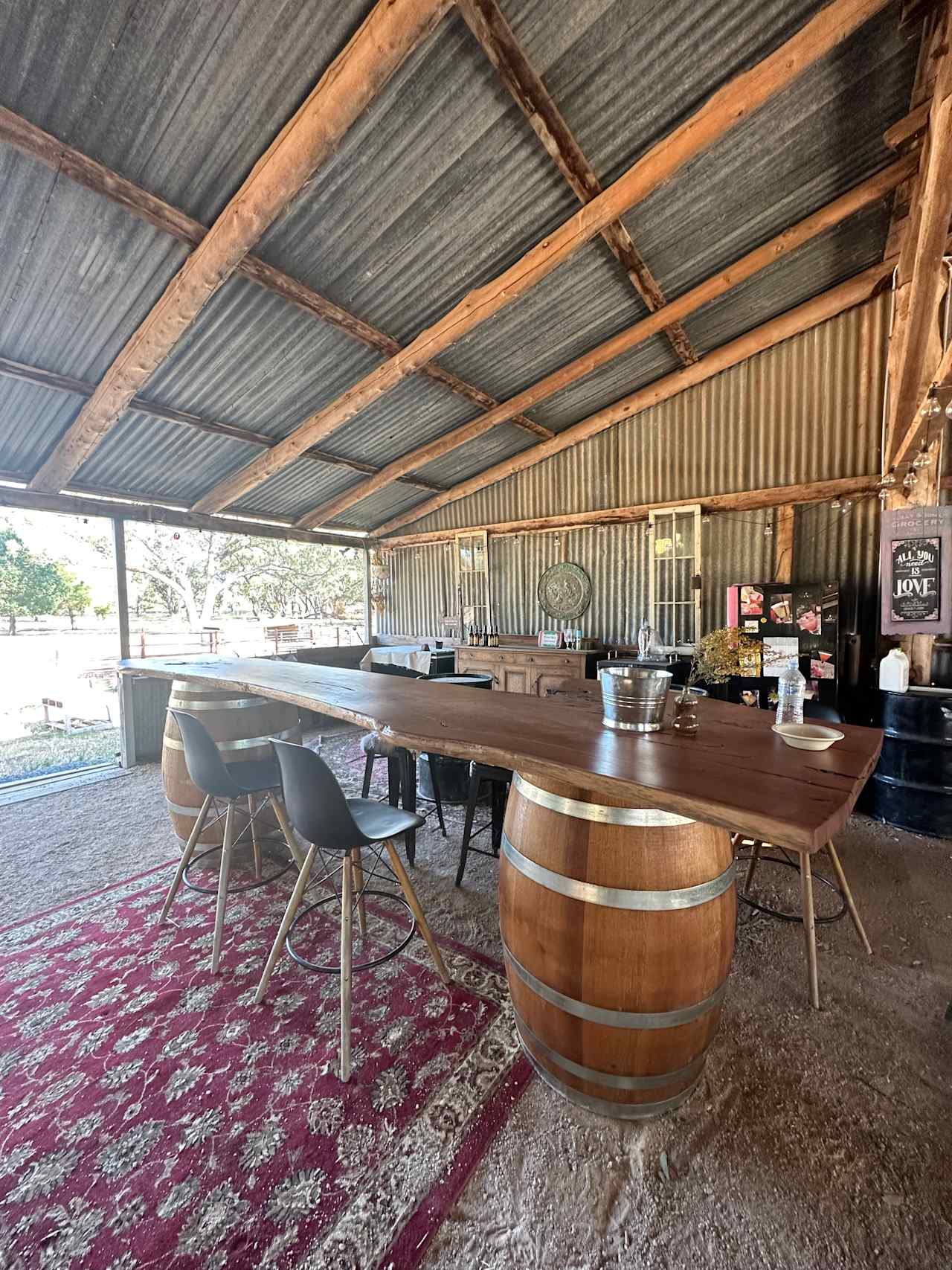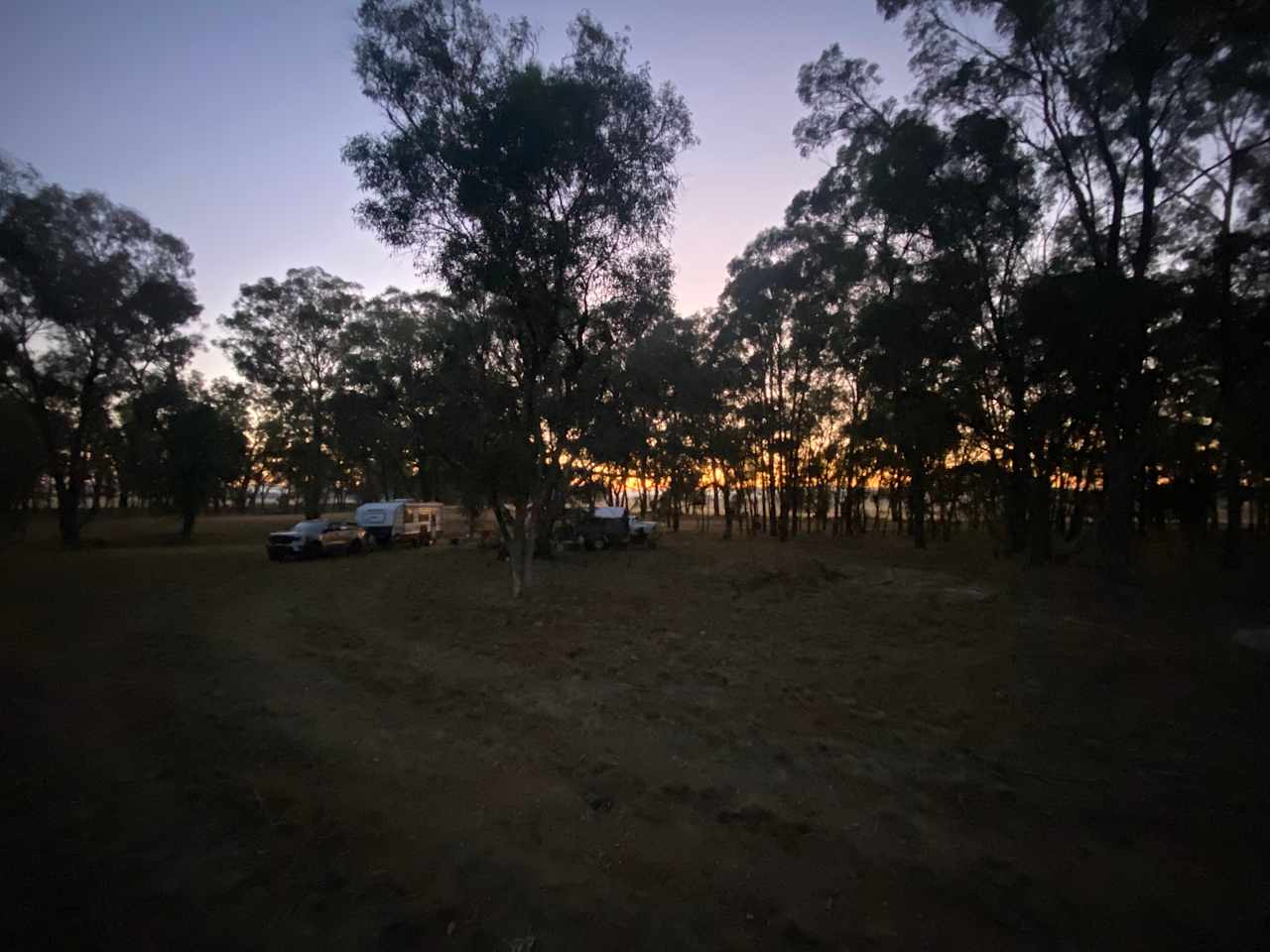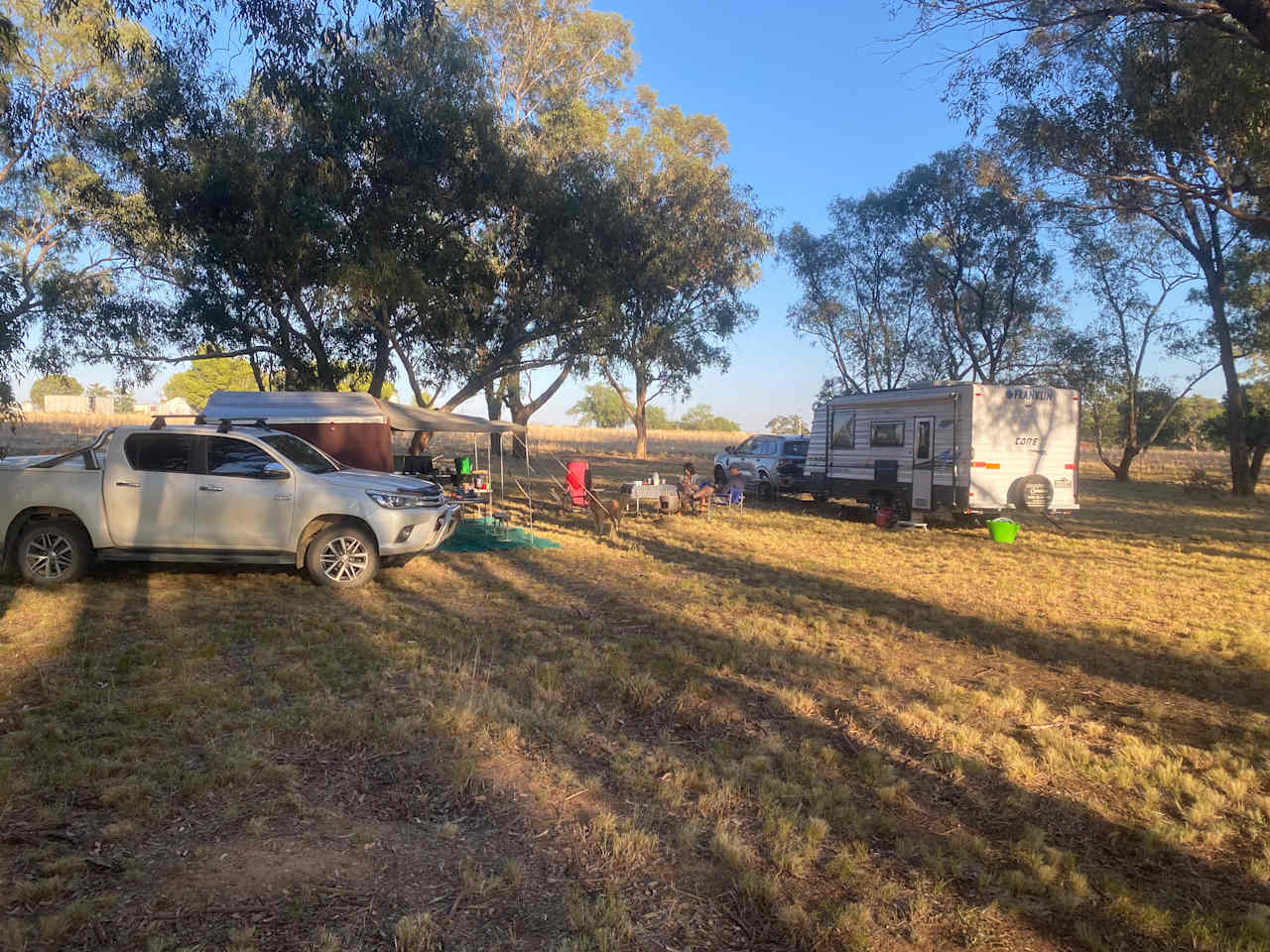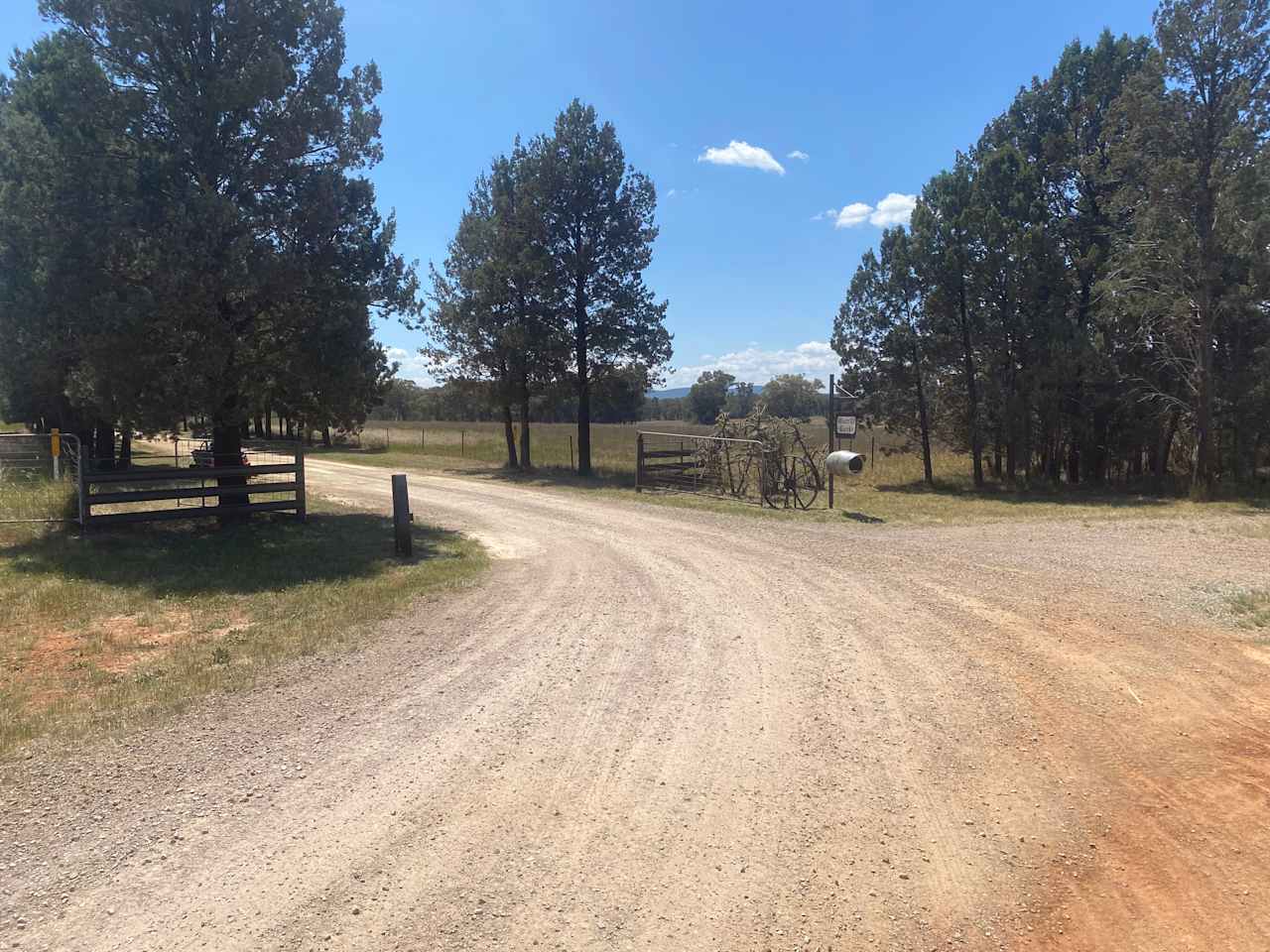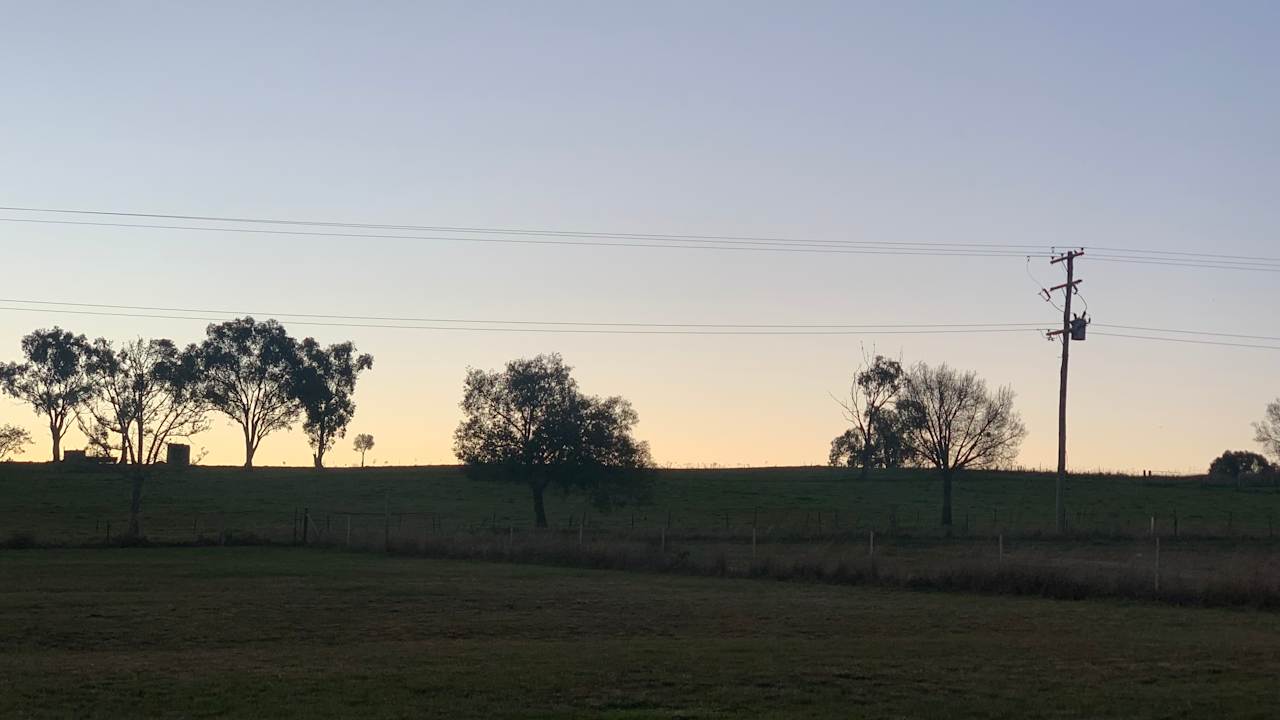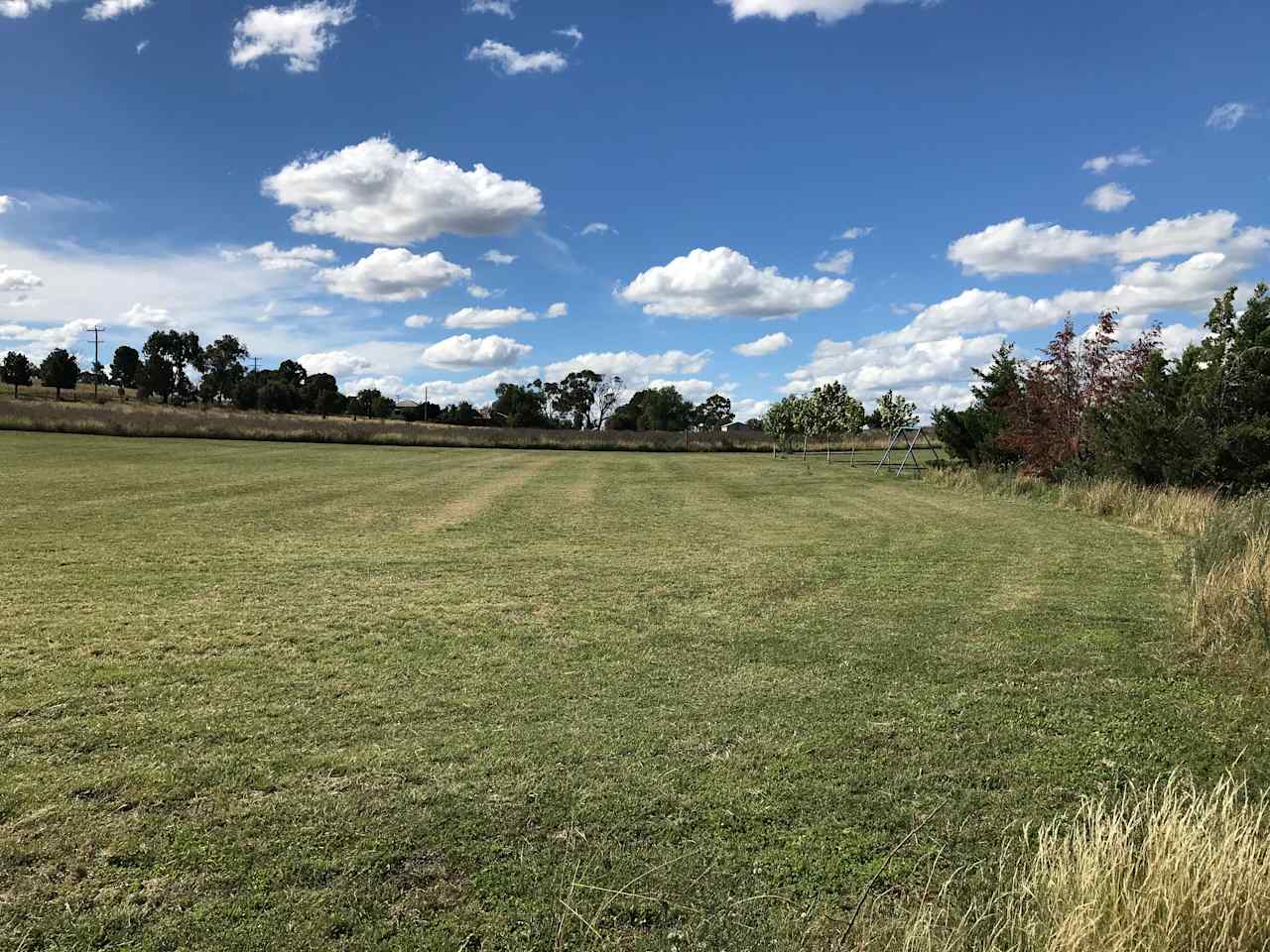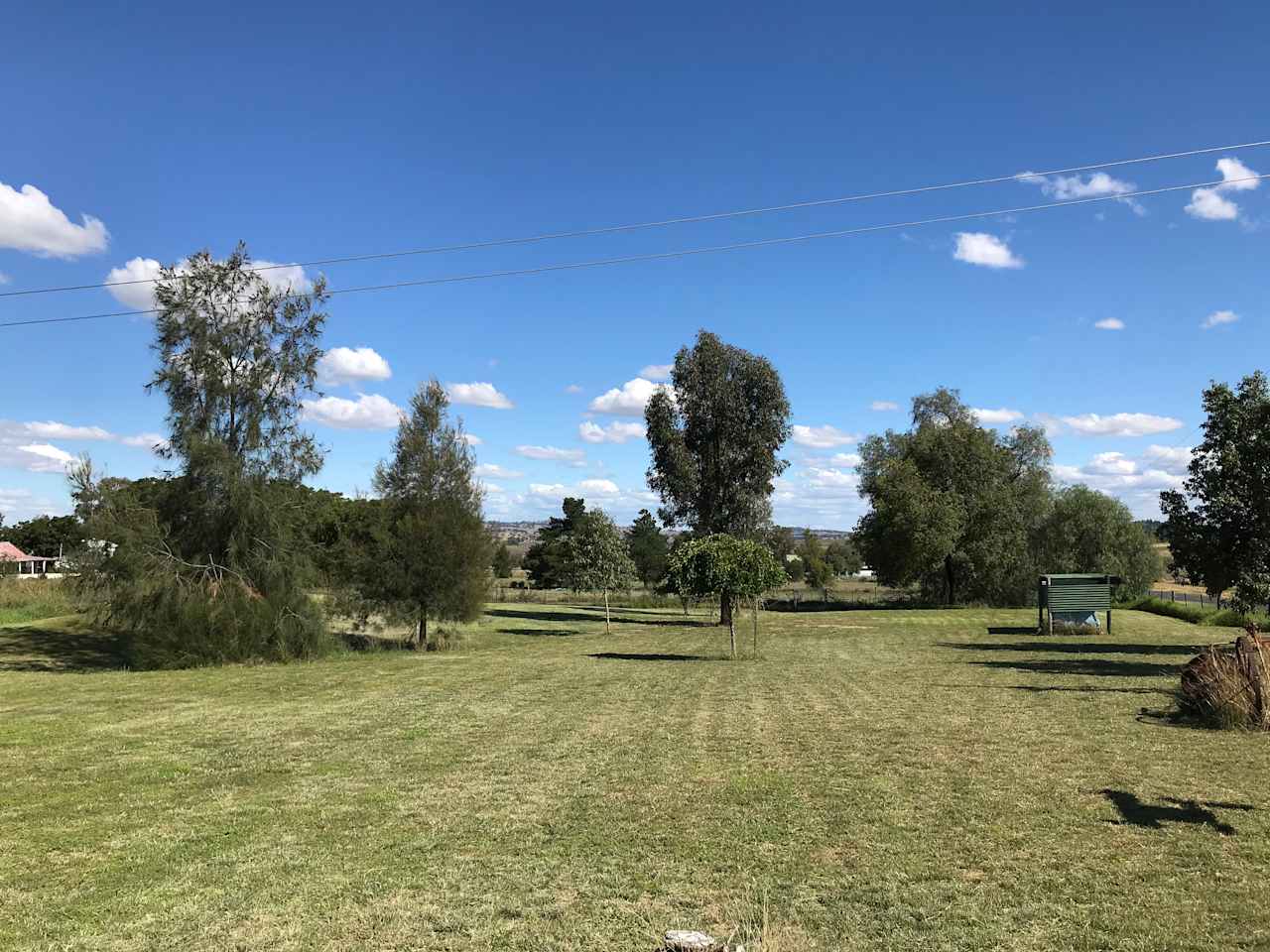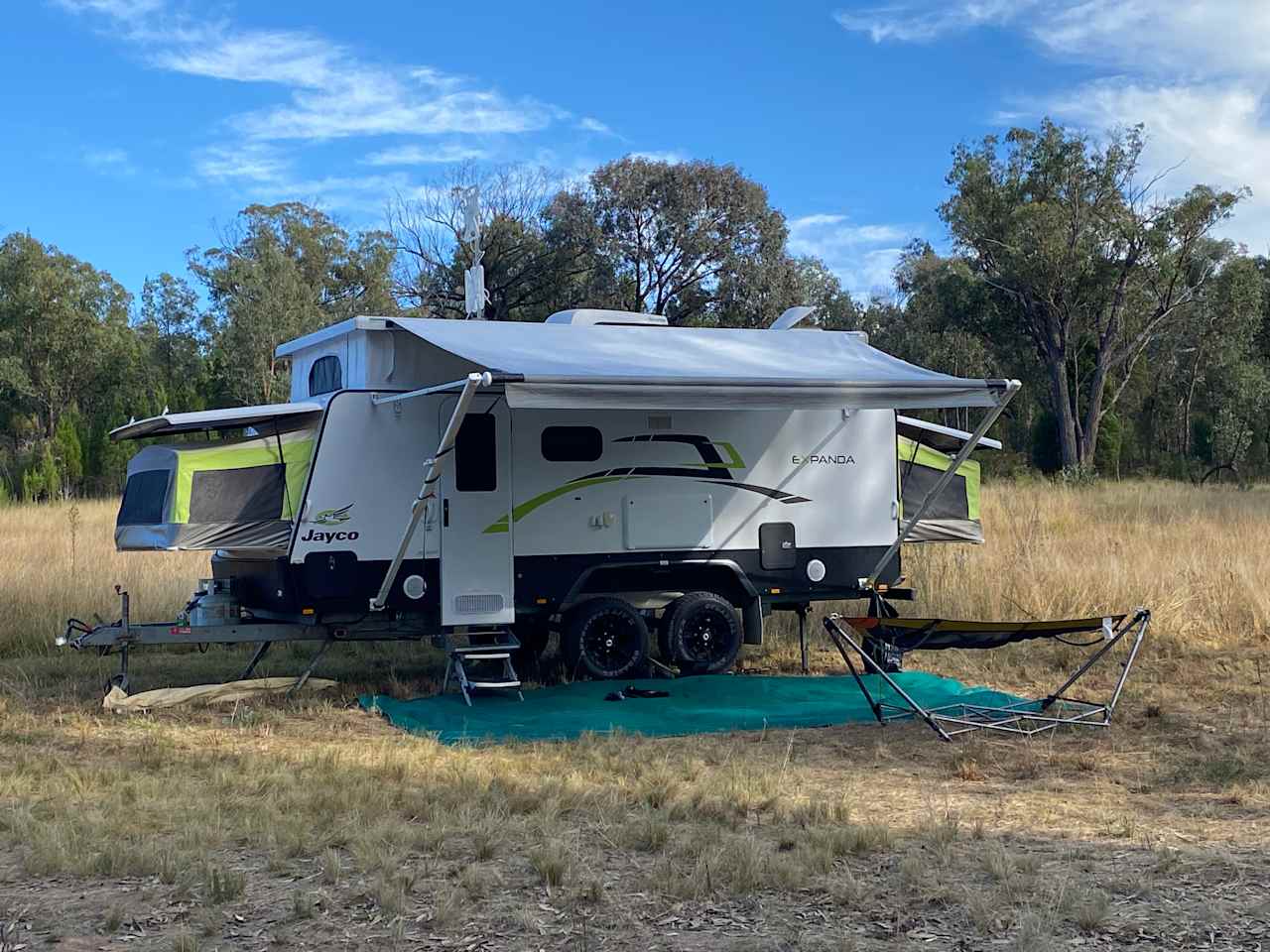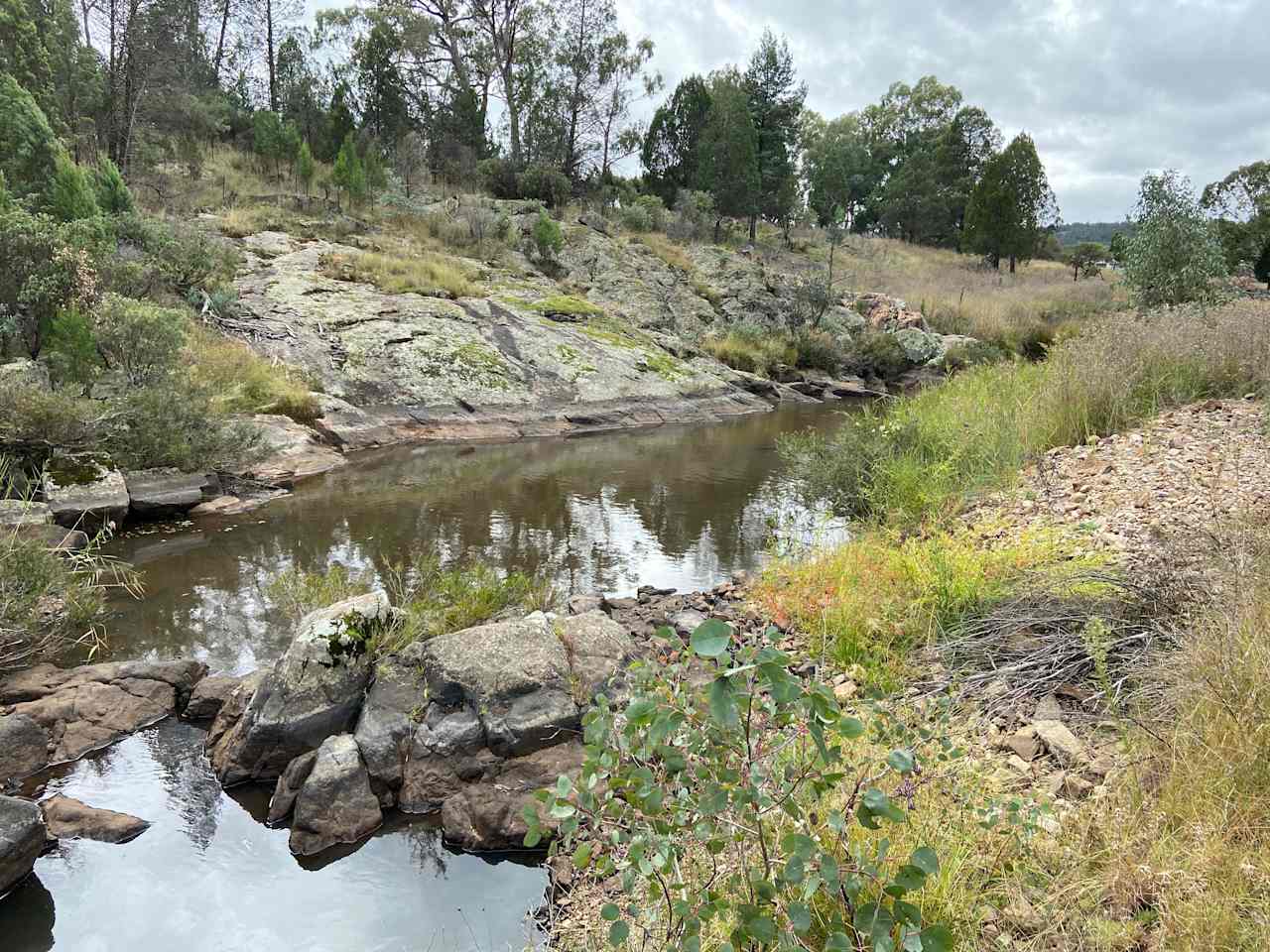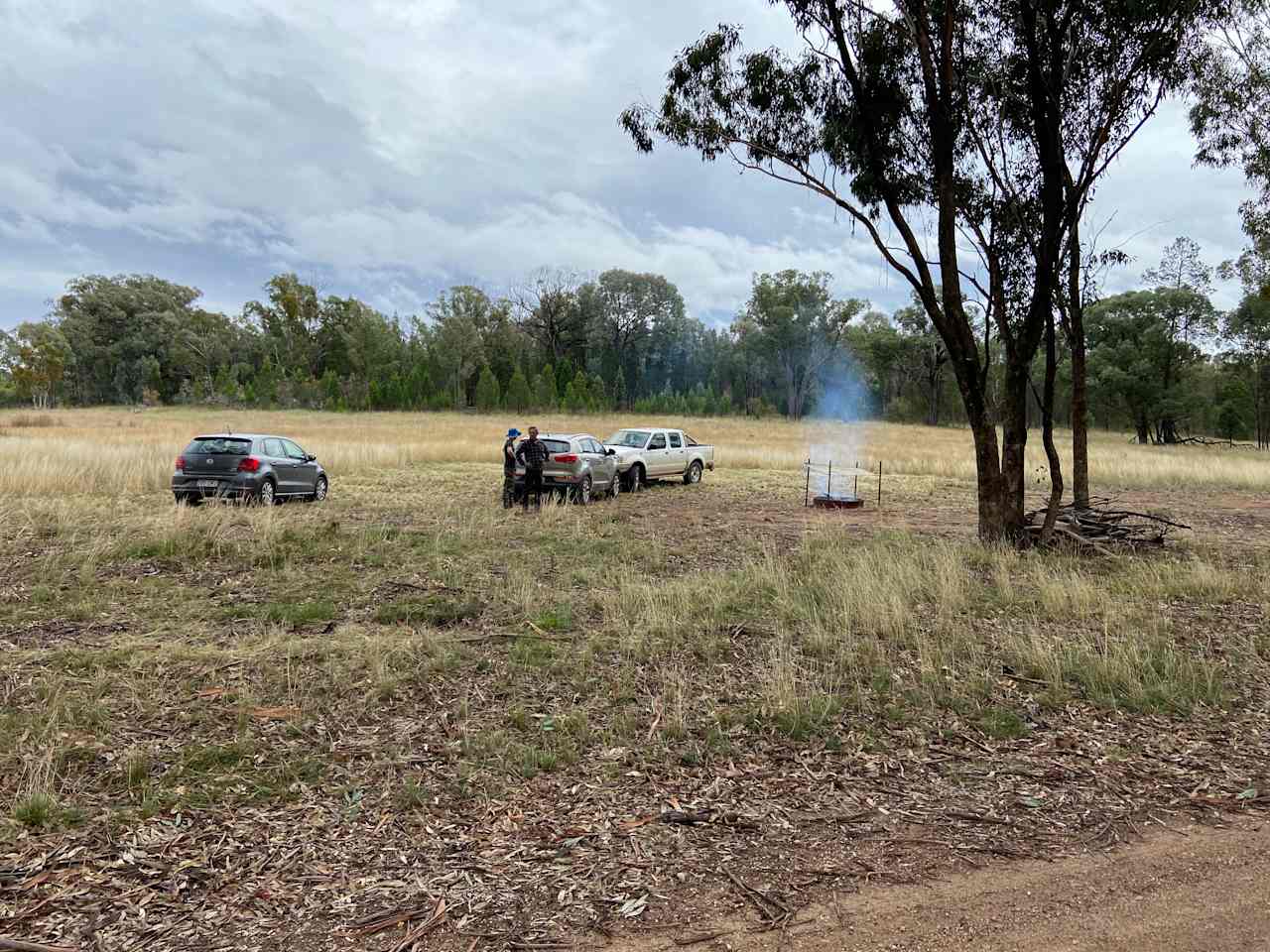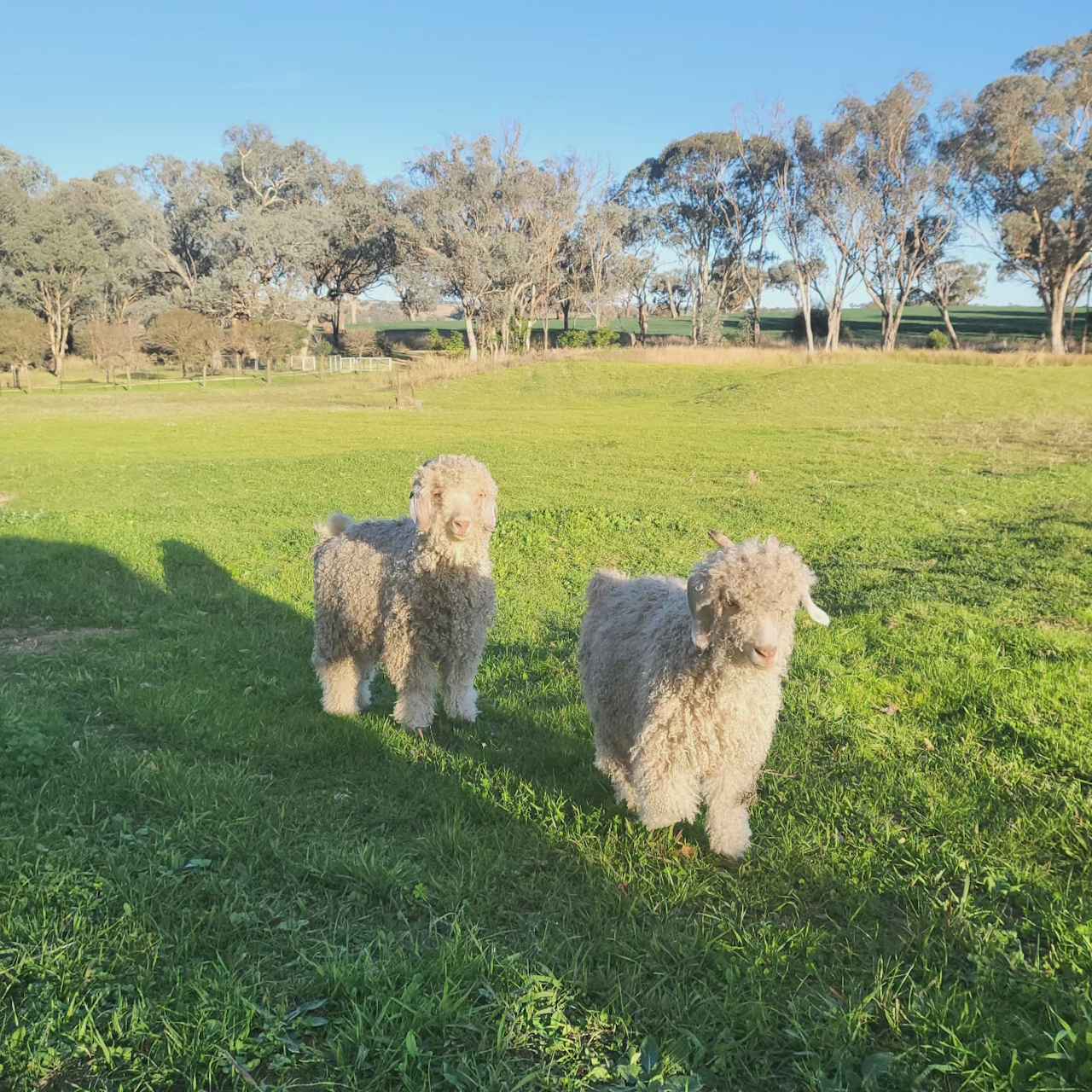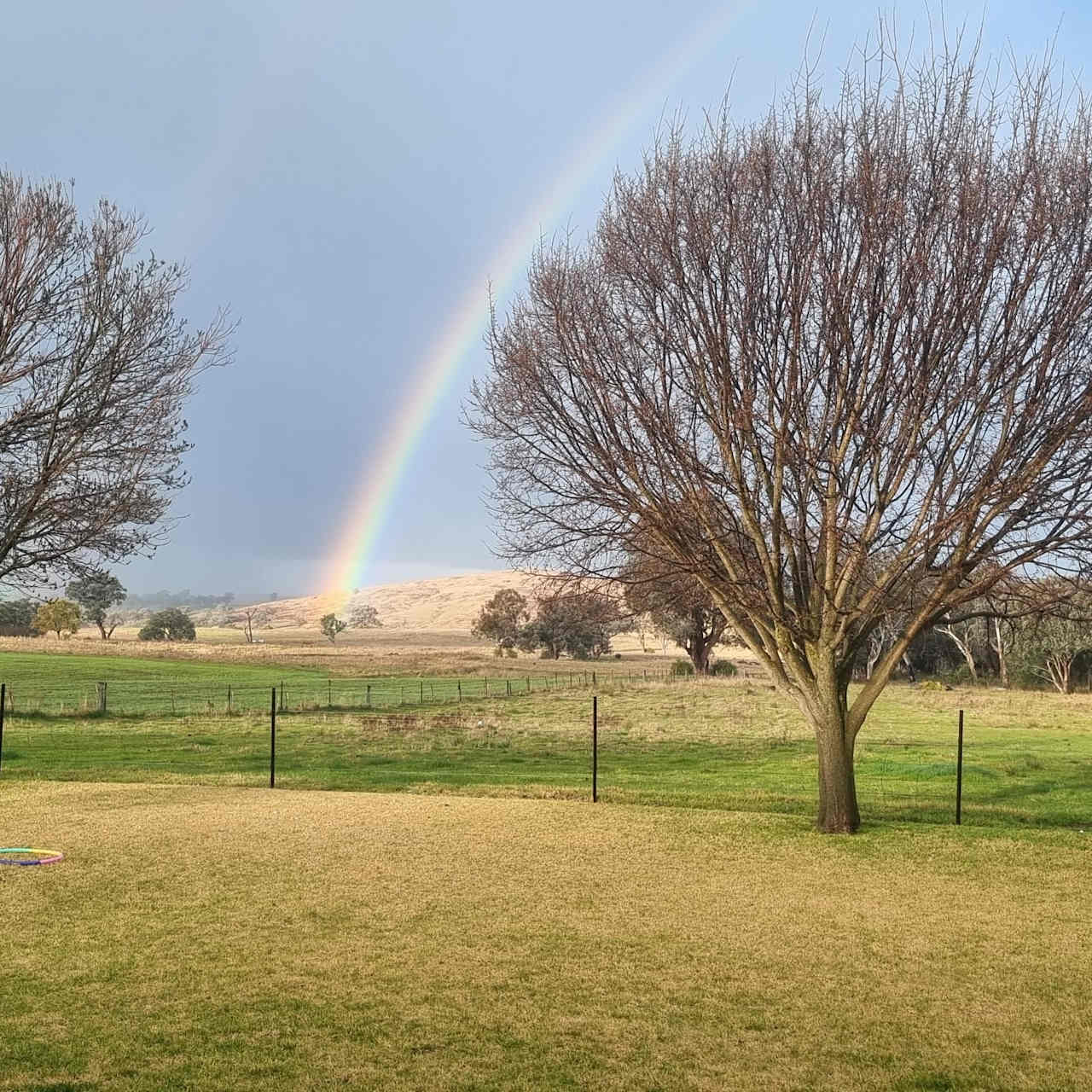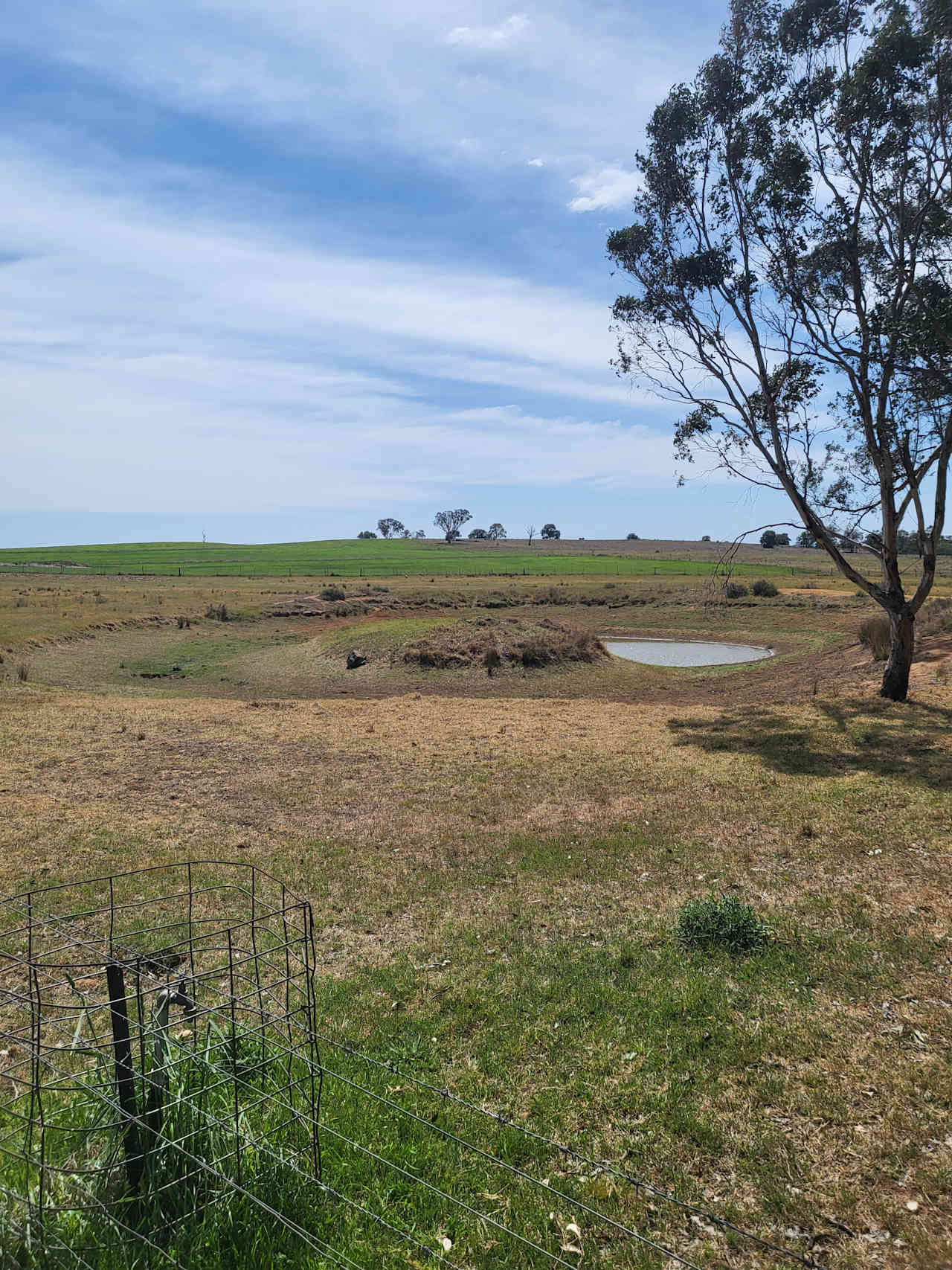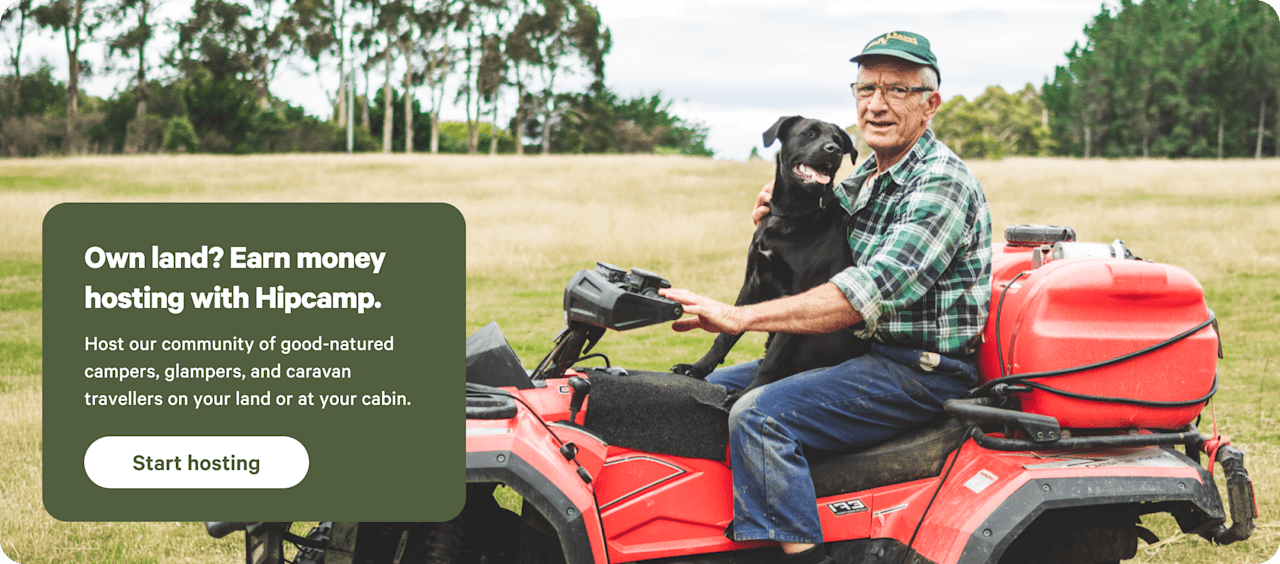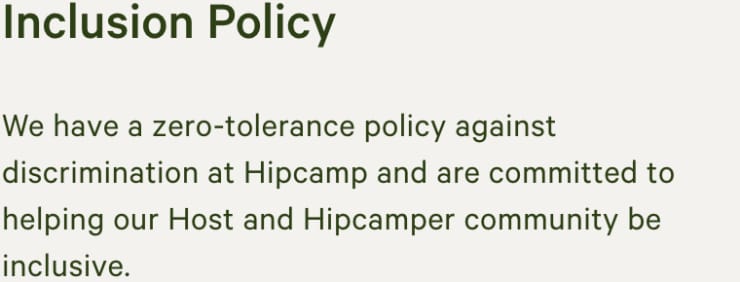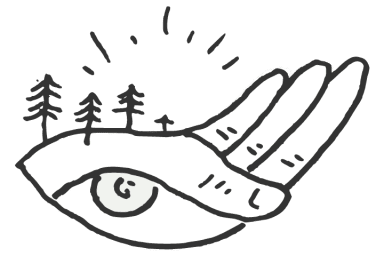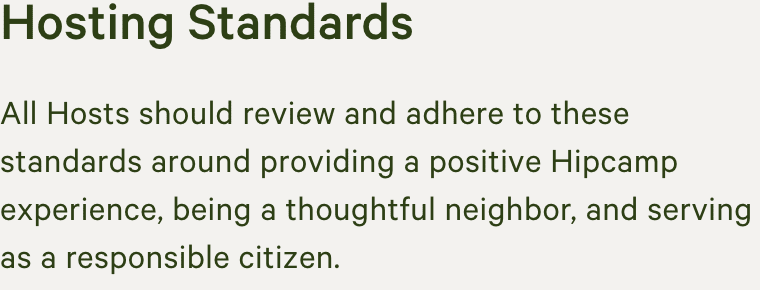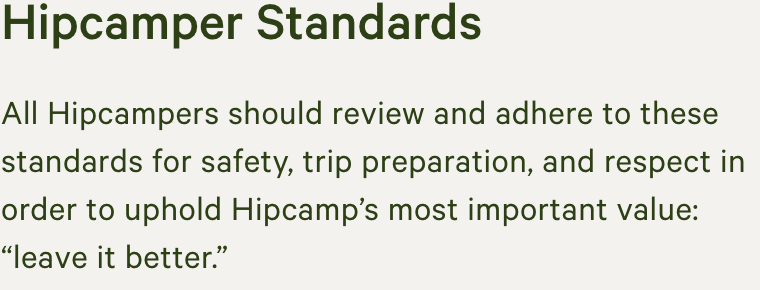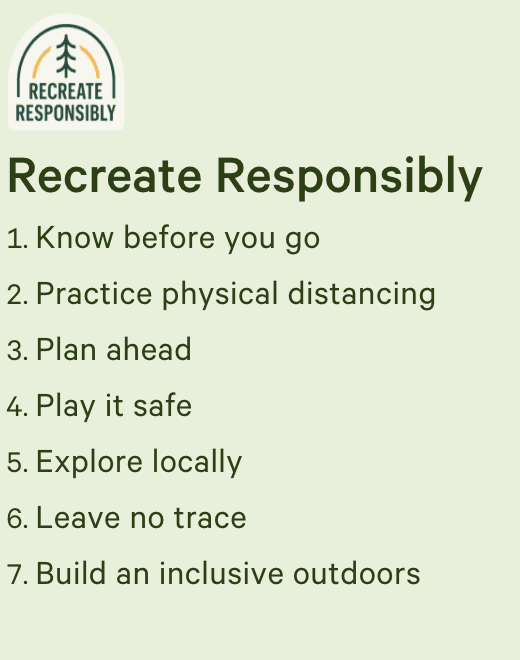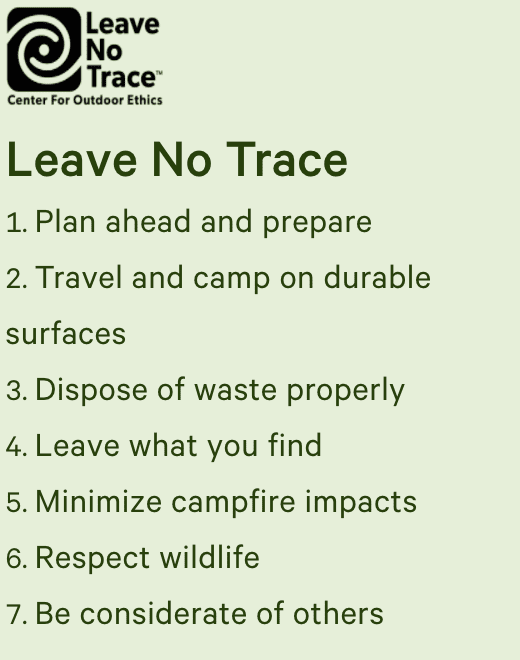- Parkes
Popular camping styles for Parkes
Under $50
Dog-friendly getaways
12 top campgrounds near Parkes
Star Hosts in Parkes
Available this weekend
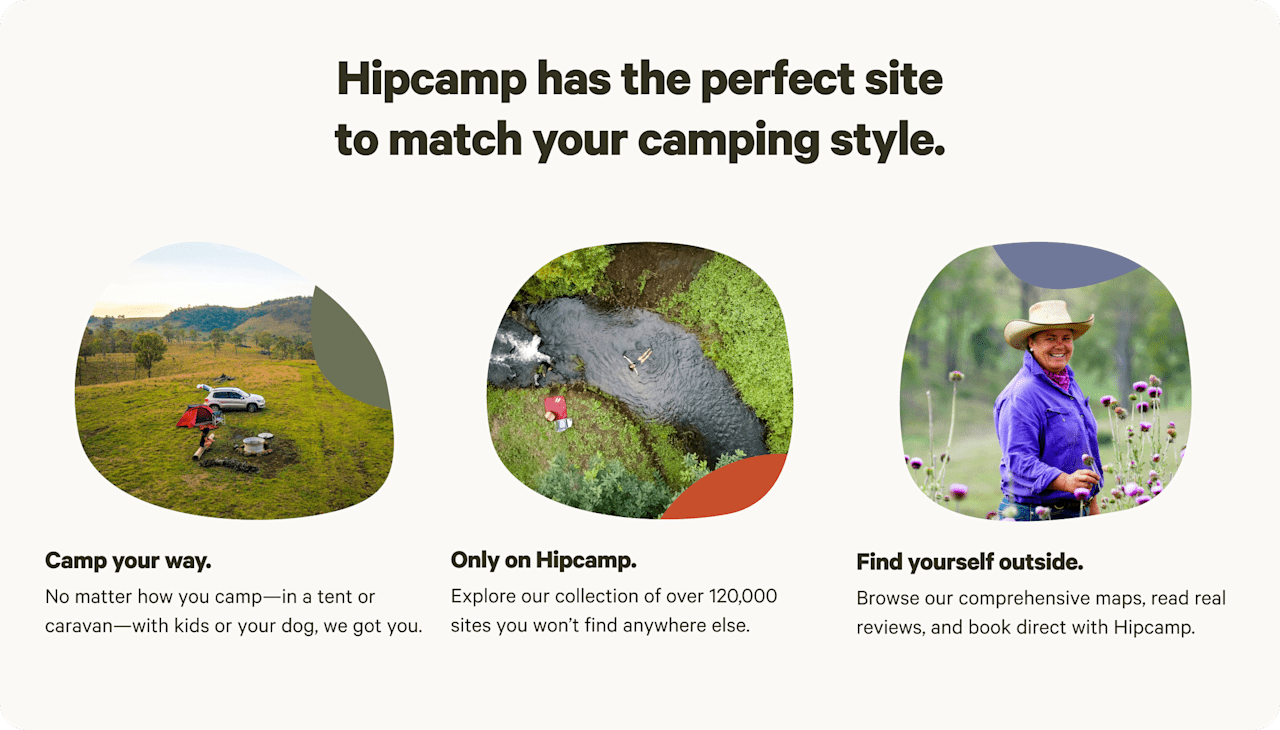

Camping near Parkes guide
Overview
In Central Western NSW, Parkes sits right on the cusp between the outback and the green, fertile areas of eastern Australia. The town is famous for two main things: its rollicking annual Parkes Elvis Festival, and its enormous radio telescope and observatory, nicknamed “the Dish,” which played an important role in broadcasting the 1969 moon landings to the world. Campers can stay at a few holiday parks around town that cater to tent campers and larger vehicles alike. Those wanting a more natural experience away from town can camp surrounded by bush in nearby Goobang National Park.
Where to go
Dubbo
About 1.5 hours’ drive north of Parkes, Dubbo is the largest town in this part of NSW, and at the intersection of three major highways: the Newell, Mitchell, and Golden highways. This makes it a handy place to stop and replenish supplies on long road trips, whether heading north, south, toward the coast, or into the outback. There are several caravan parks in and around town, plus more basic campsites in Dubbo’s hinterland.
Goobang National Park
Just northeast of Parkes, the small Goobang National Park offers scenic bushwalking, mountain biking trails, and four-wheel-drive vehicle trails. There are a couple of small bush camps within the park that are suitable for tents, caravans, and camper-trailers. While there are no camping fees at these sites, advance bookings and booking fees are required. Sites are not marked or powered, but there are toilets and barbecue facilities.
Forbes
Roughly halfway between Wagga Wagga and Dubbo, and about 30 minutes’ drive southwest of Parkes, Forbes is a pretty town that makes a good stopover point on the A39. Set in the Lachlan Valley and on the serpentine Lachlan River and Lake Forbes, the area is home to waterside parks and gold rush history, as well as well-equipped holiday parks beside the river and lake.
When to go
Elvis fans might want to visit Parkes in January, when the town holds the Parkes Elvis Festival—expect live music and a lot of Elvis impersonators. If you’re keen to stargaze in Parkes and check out the observatory, visit between the cooler months of March and October. Parkes and its surrounding areas are prone to flooding—increasingly so with the effects of climate change—and the risk is especially high from late spring through early autumn.
